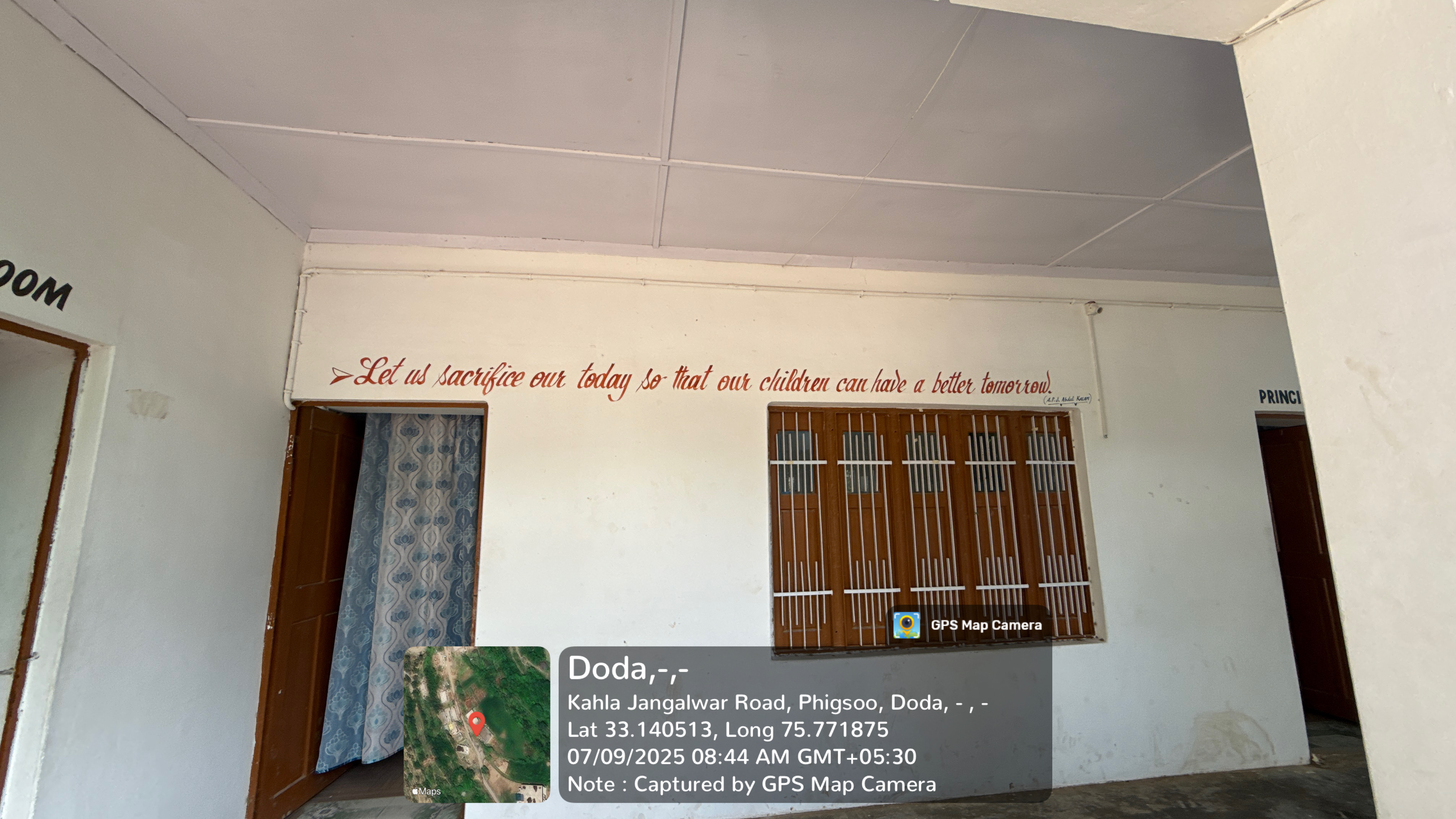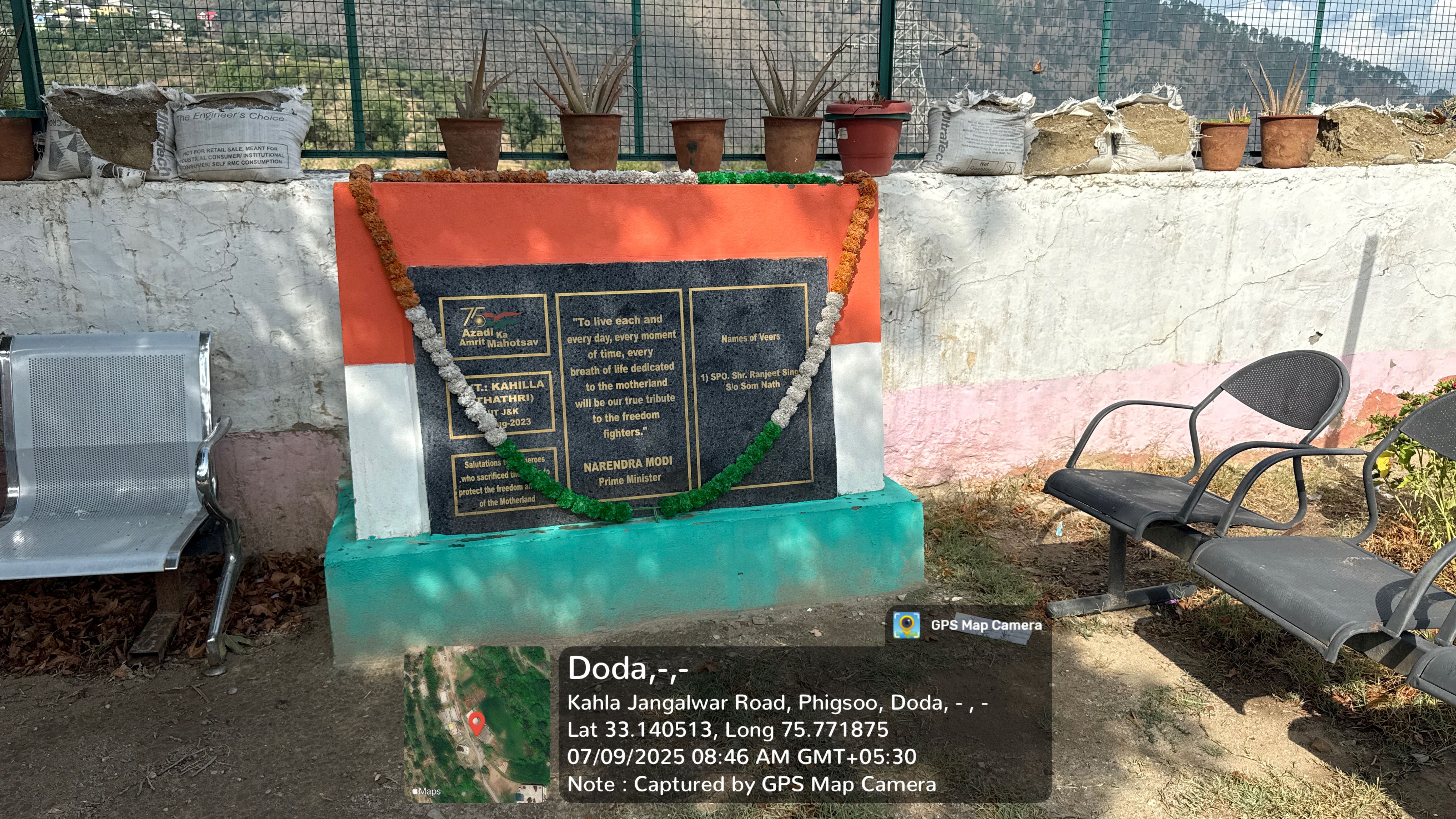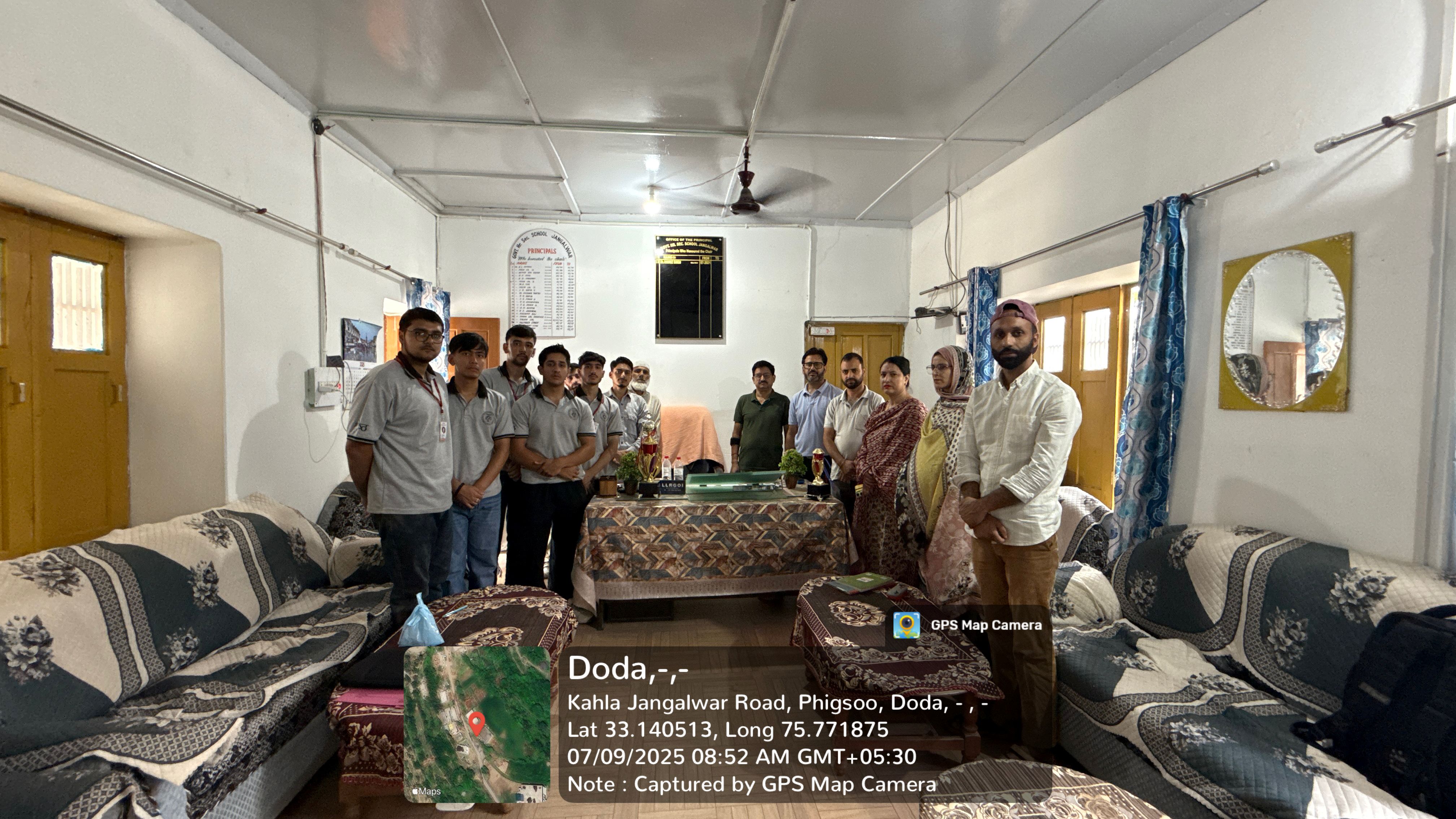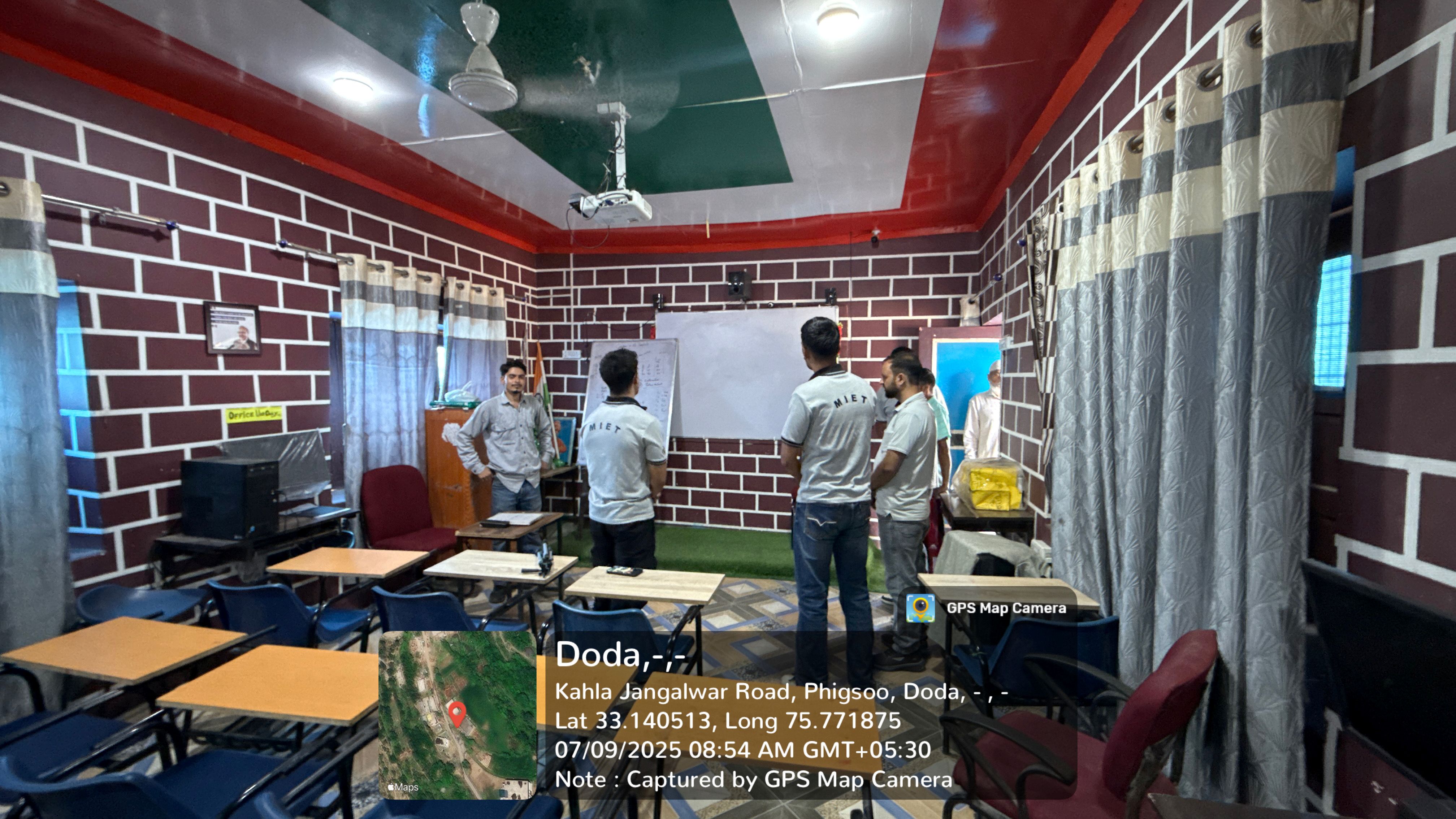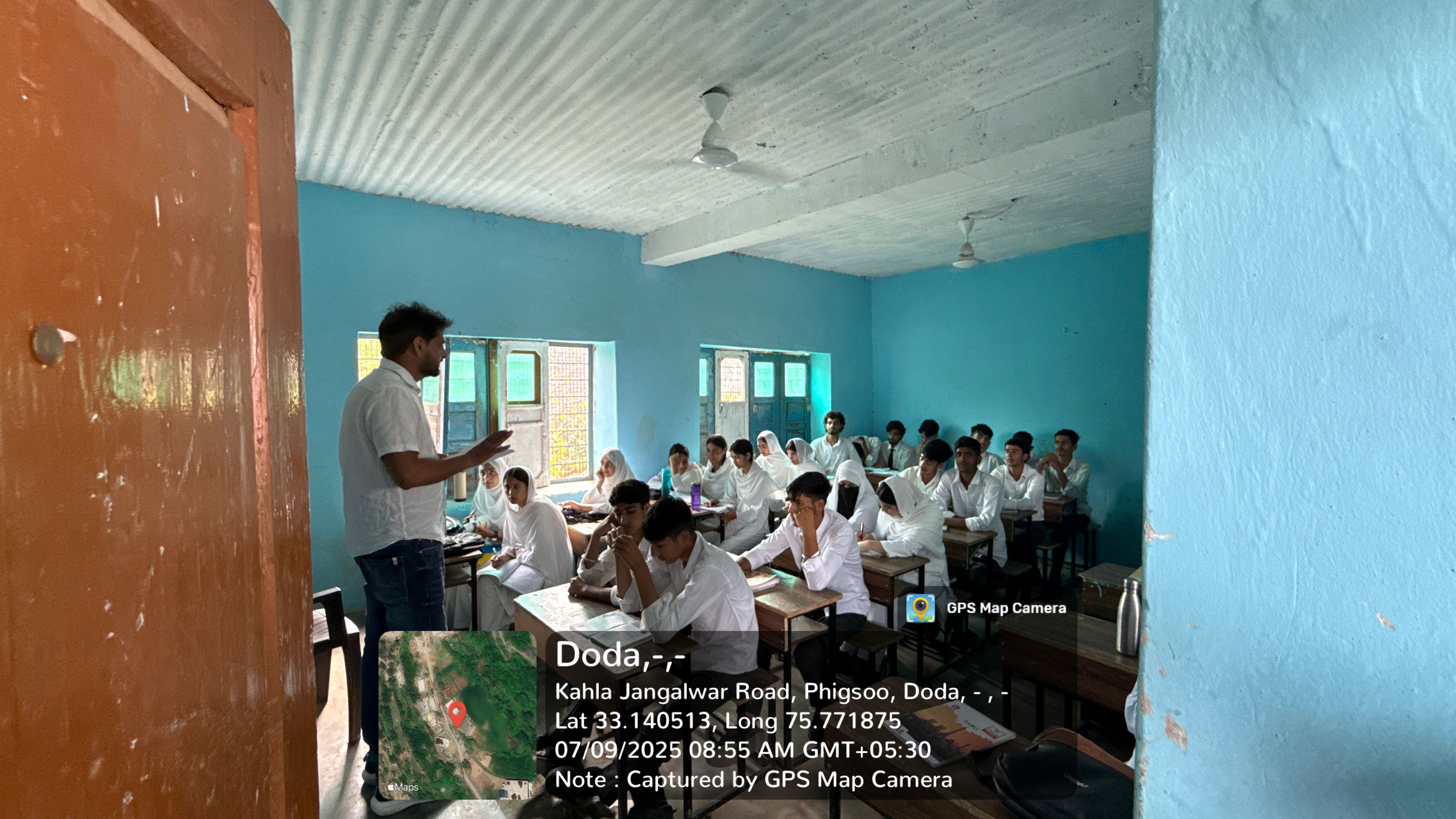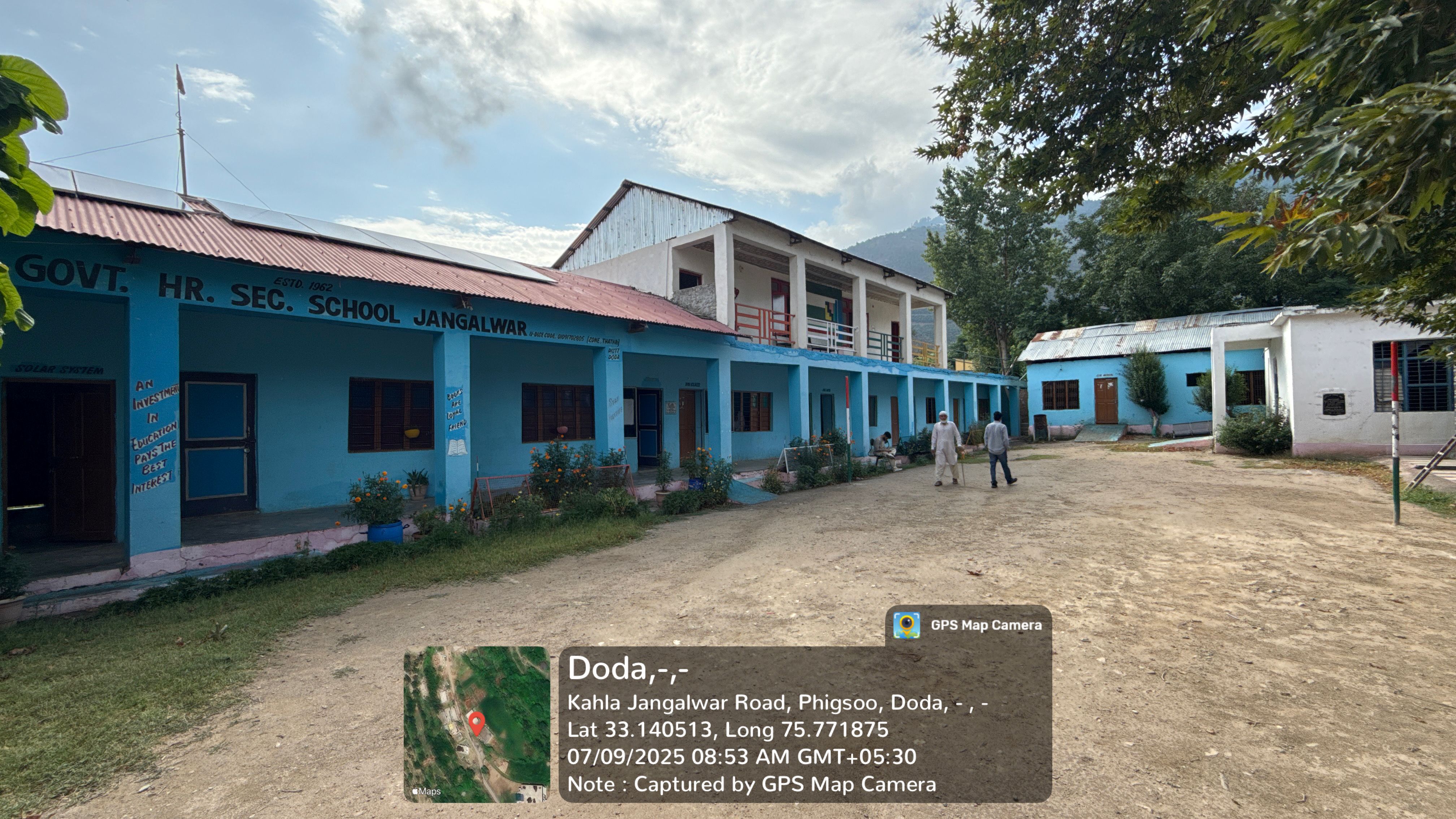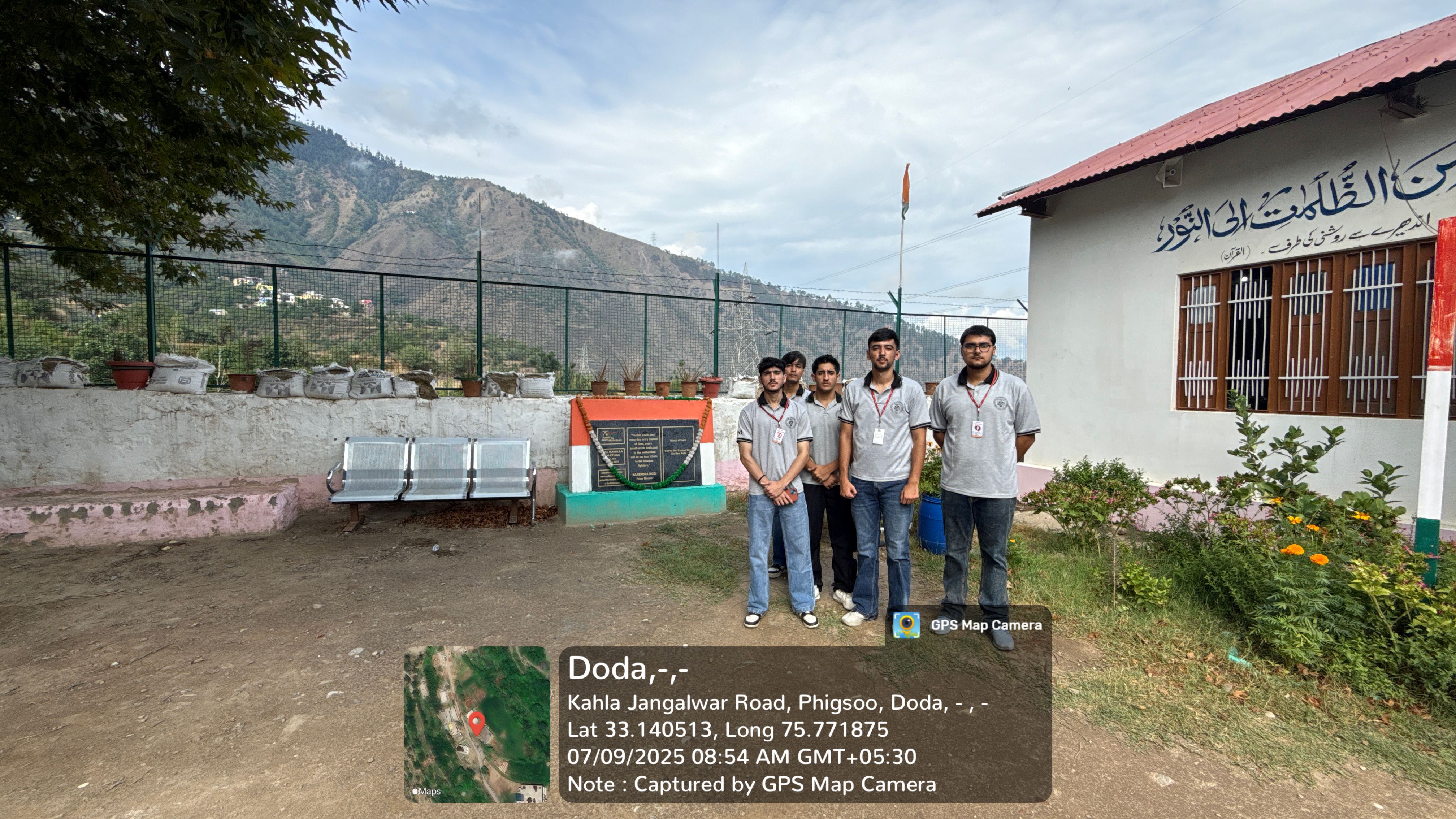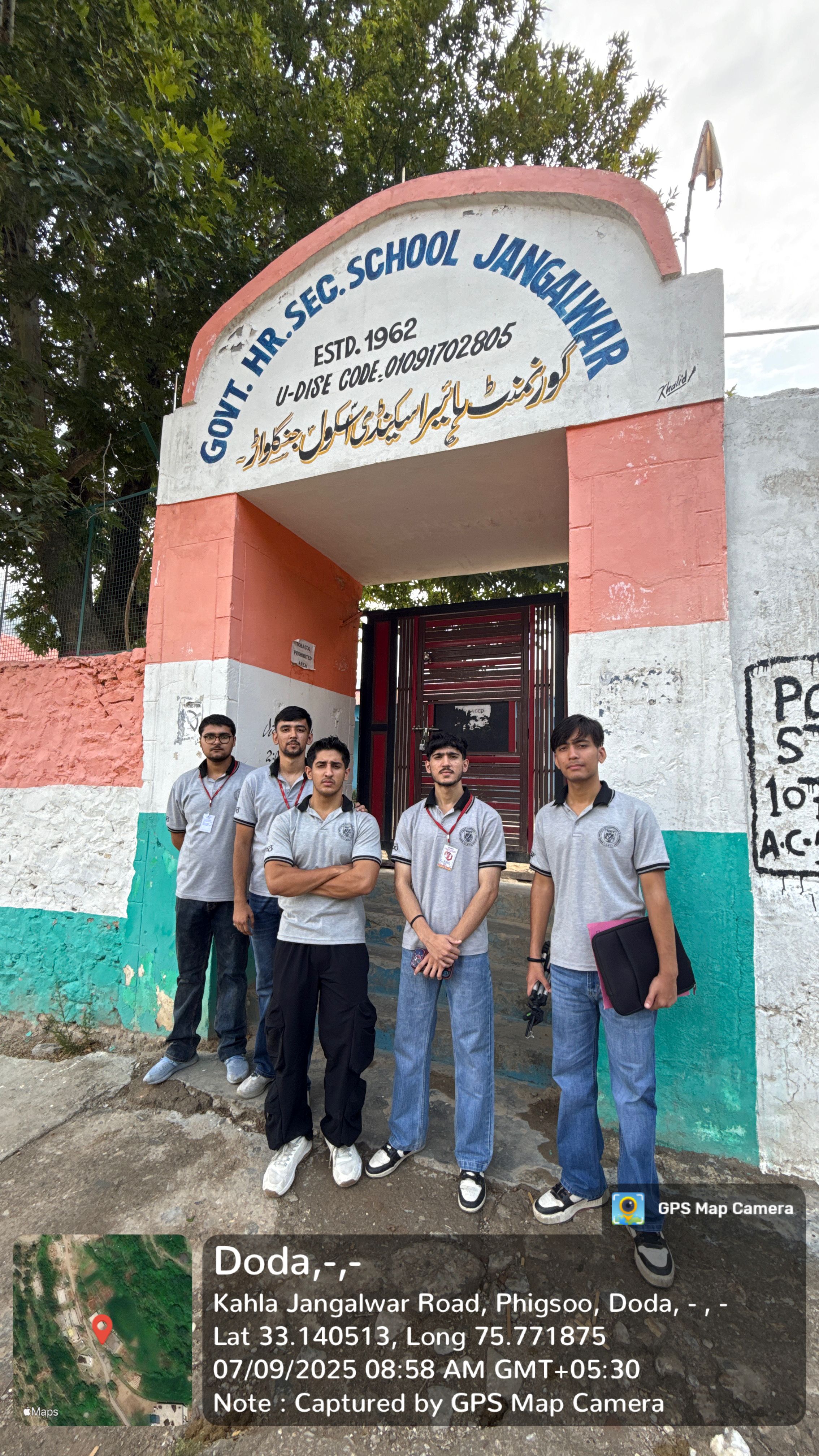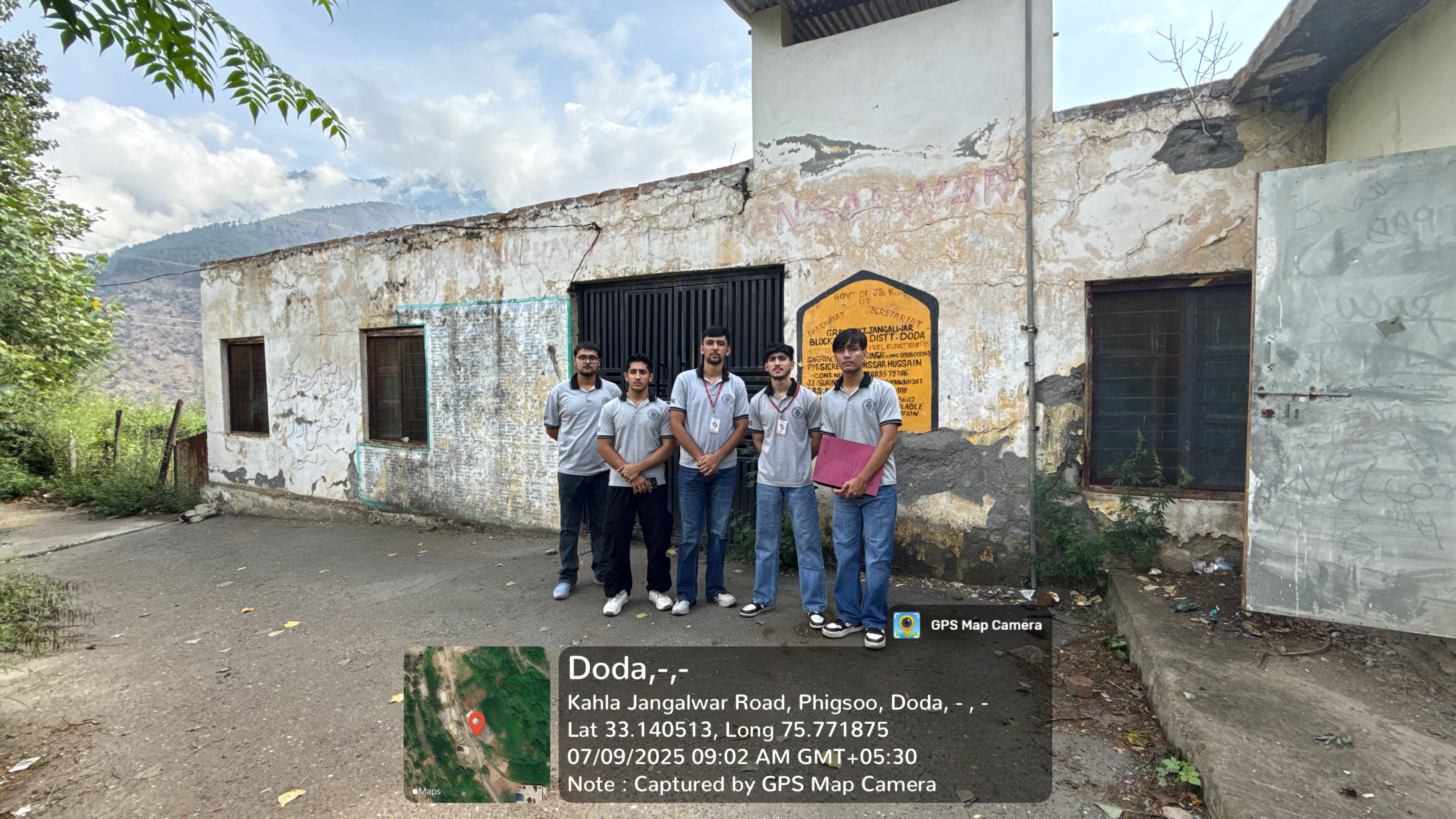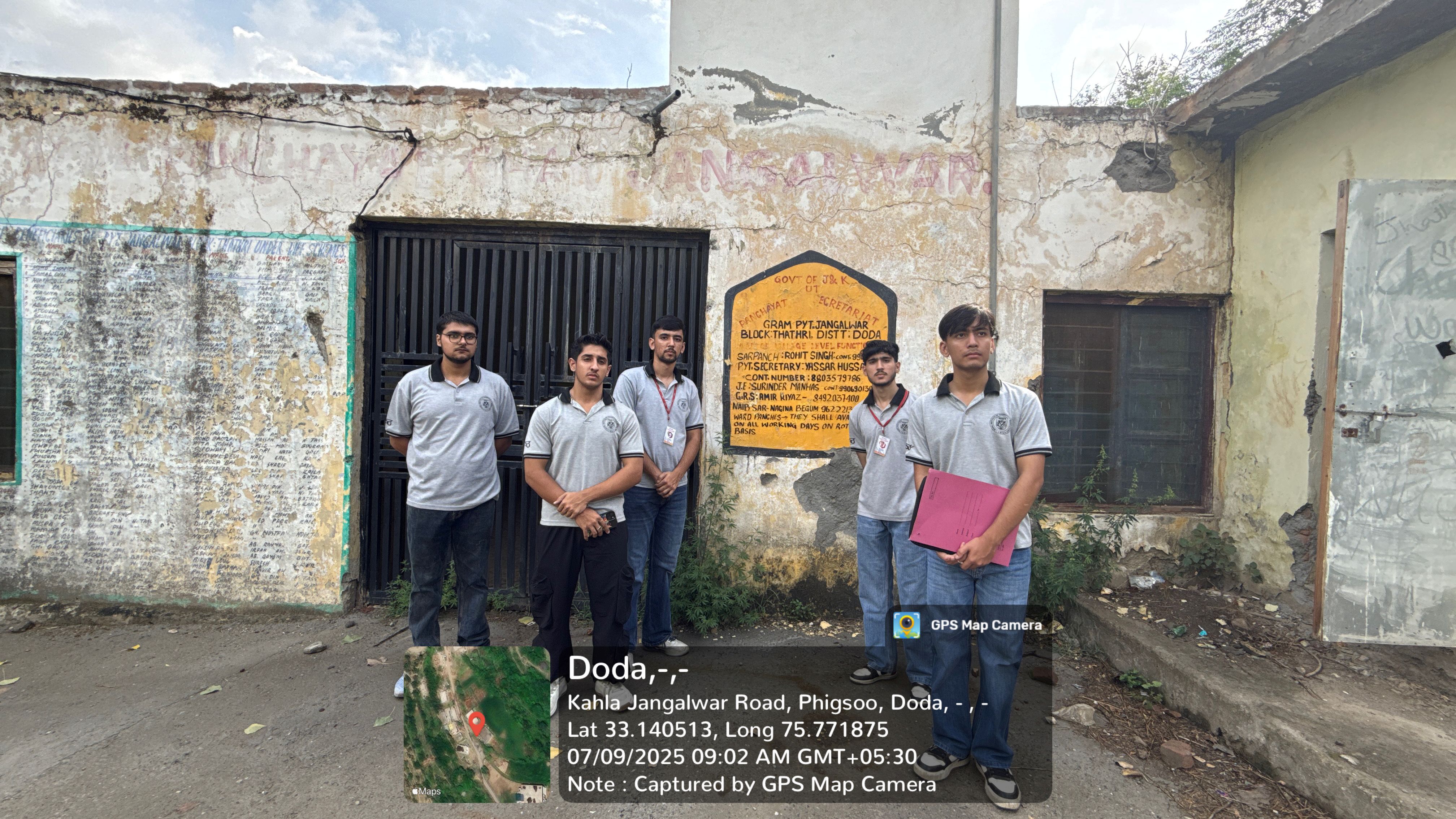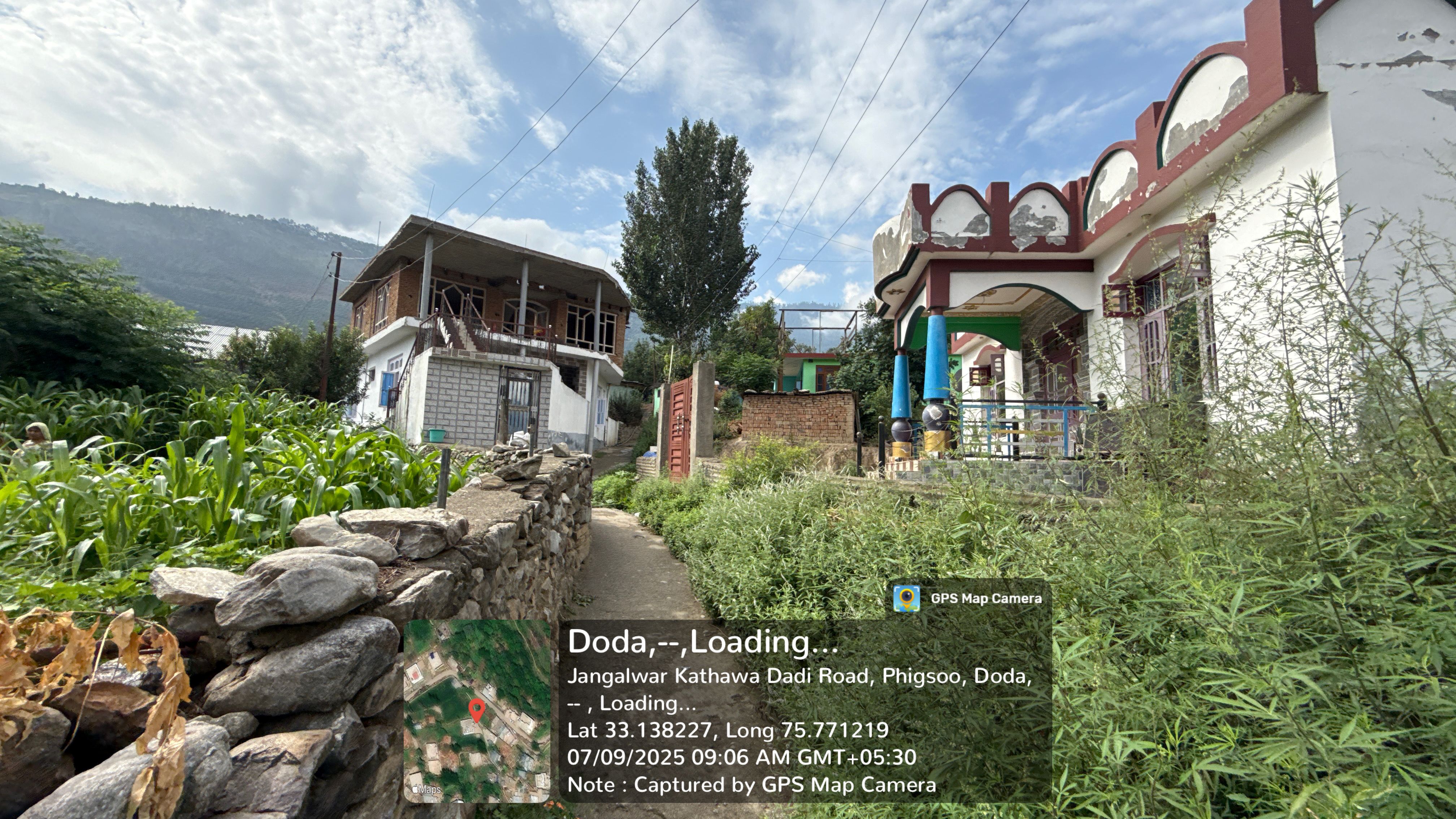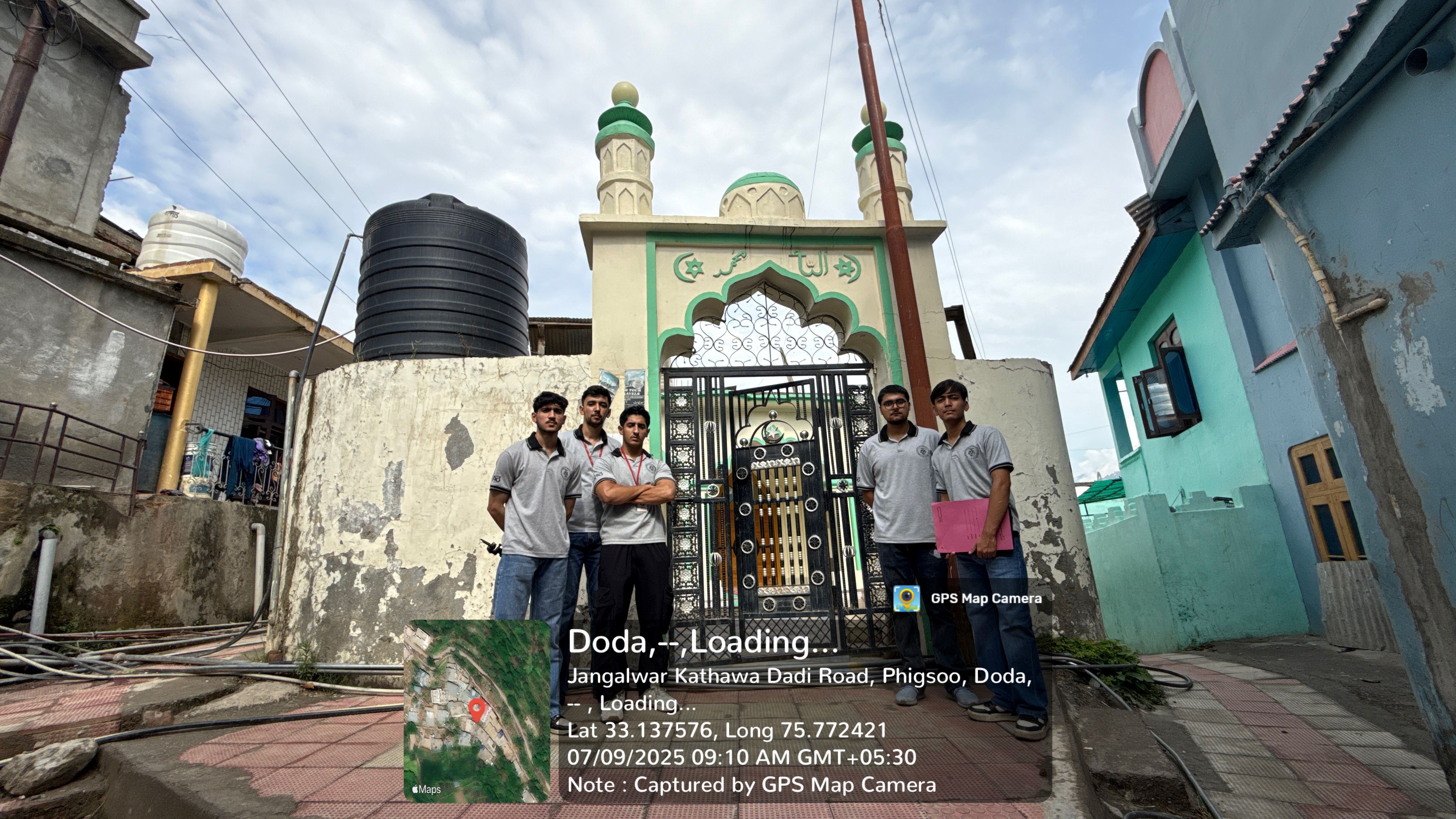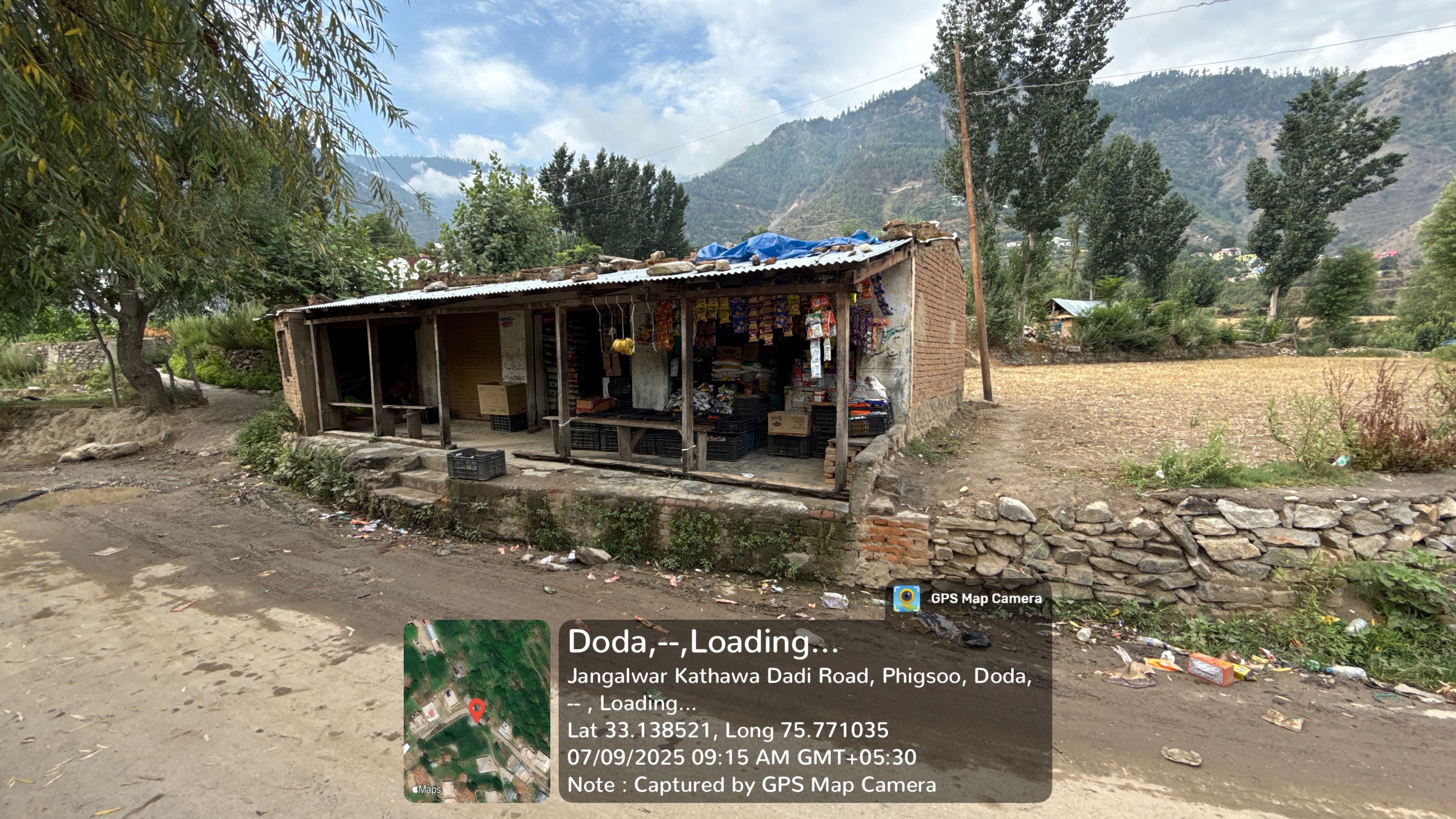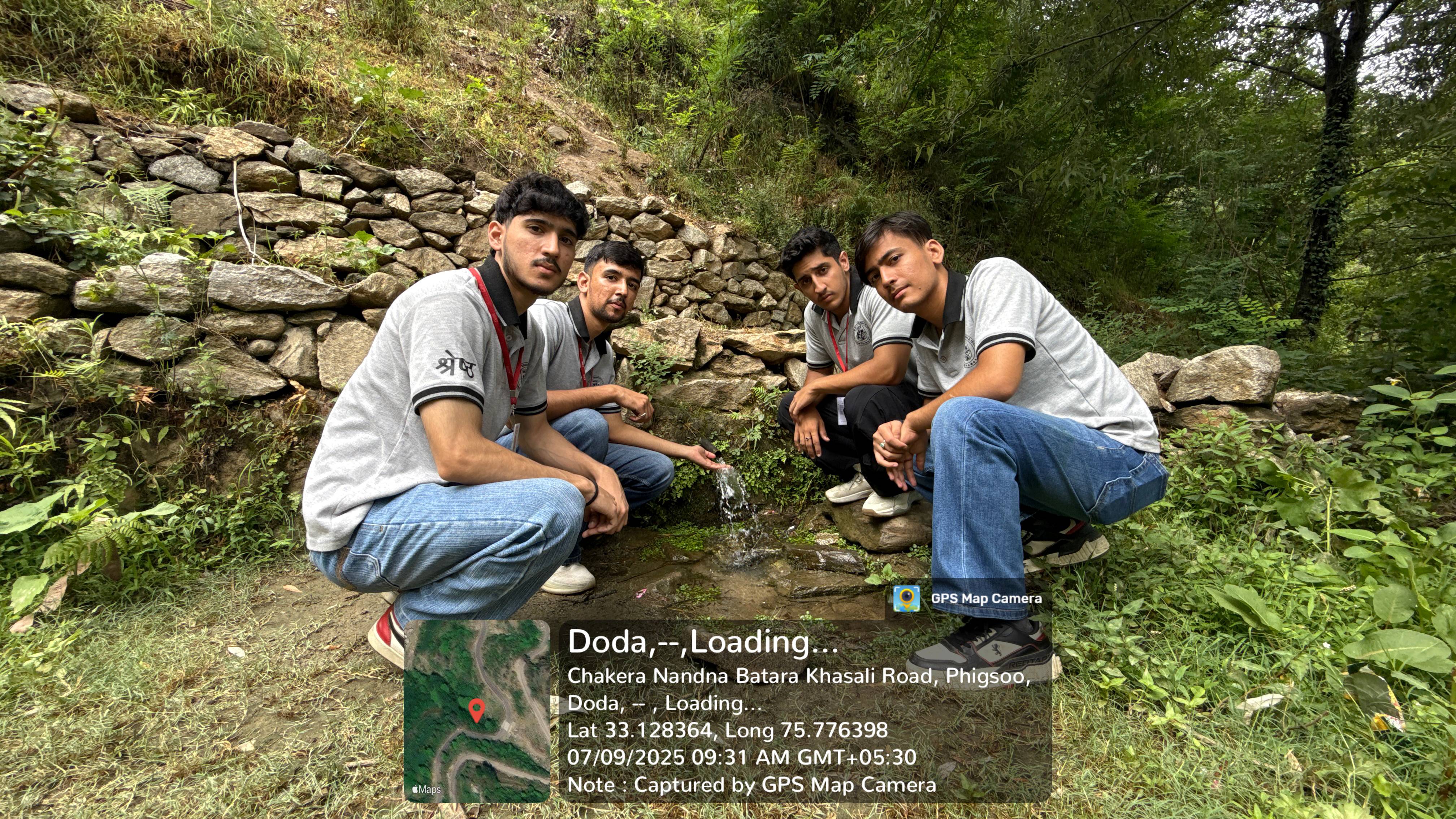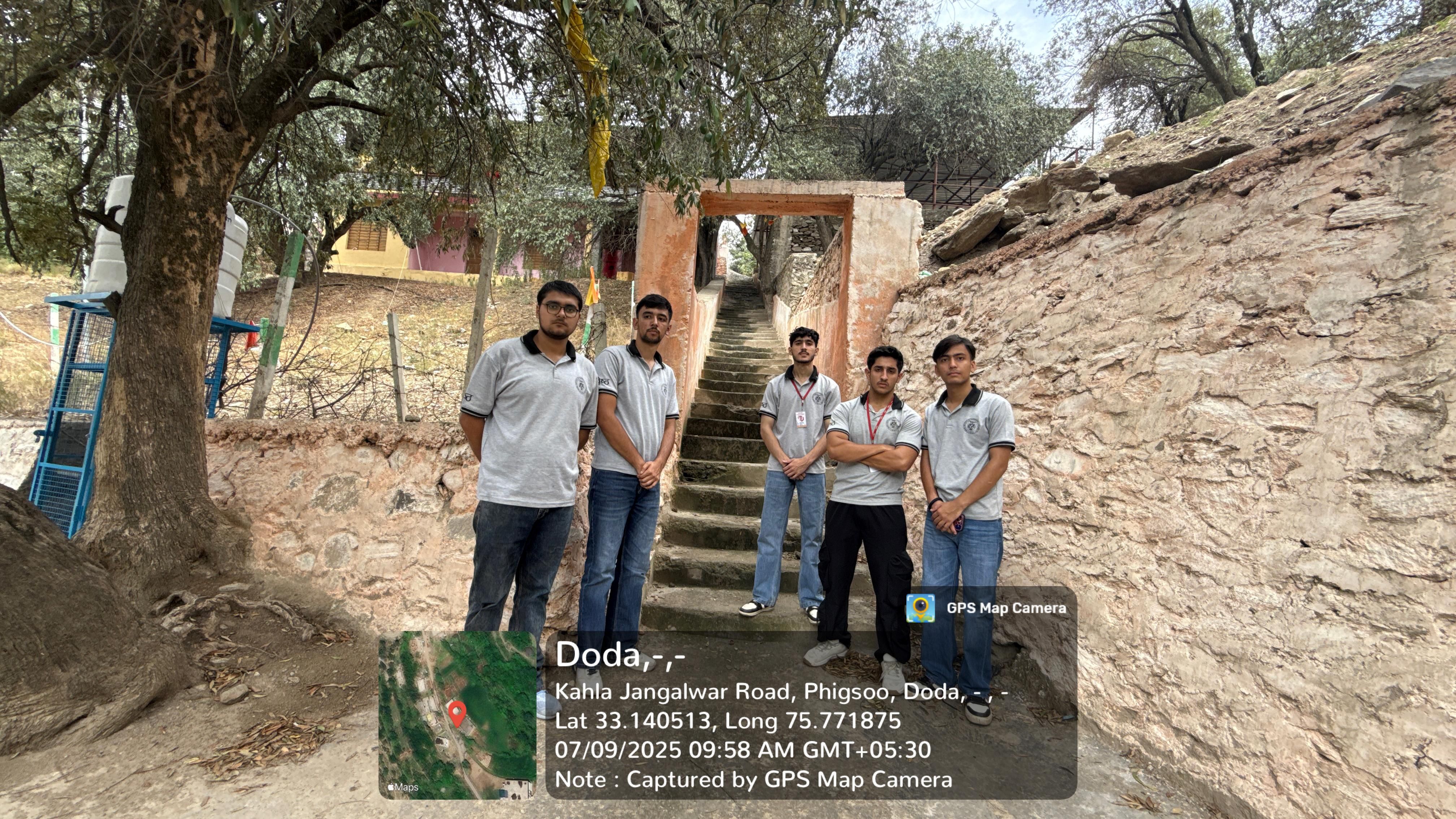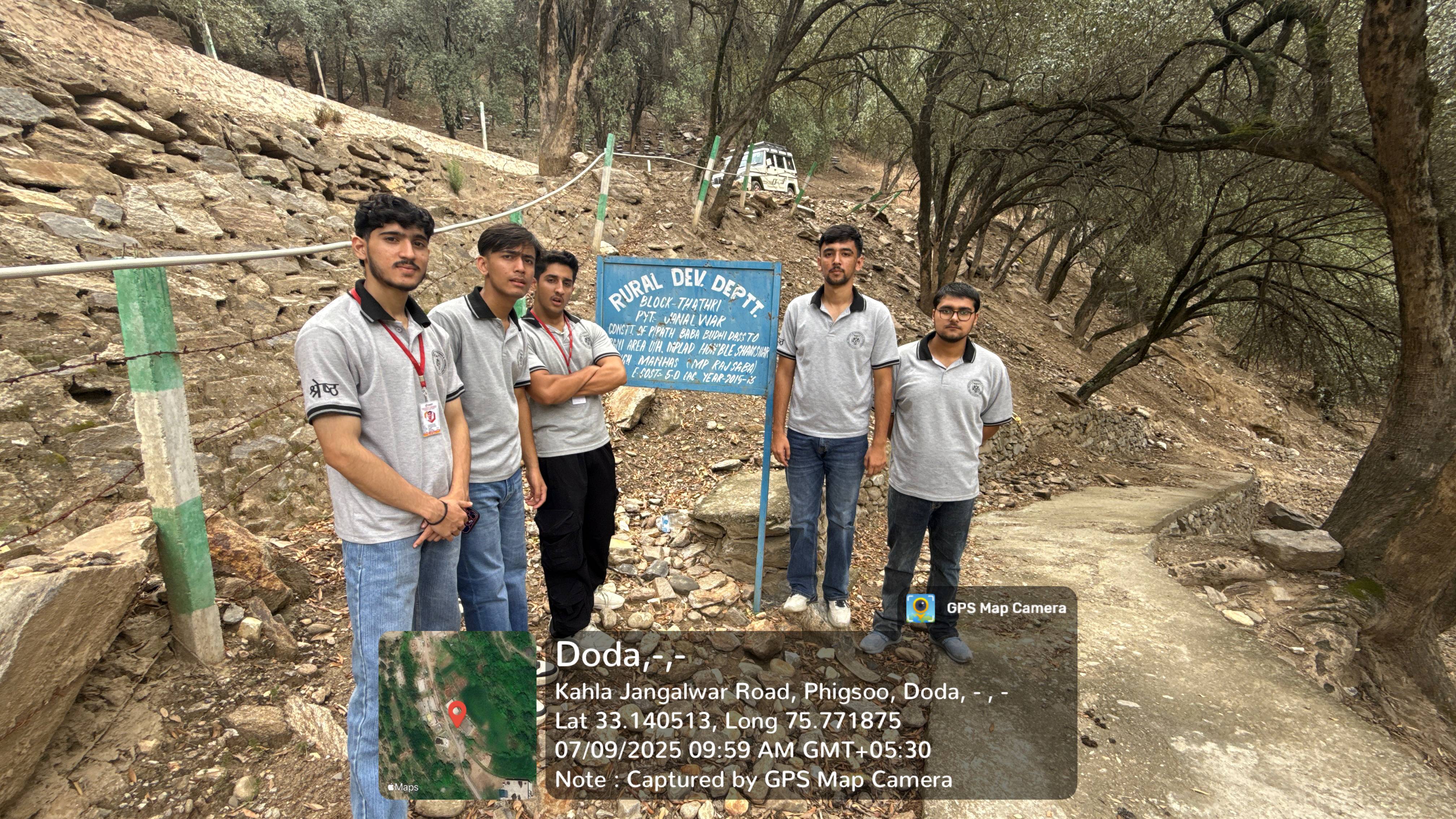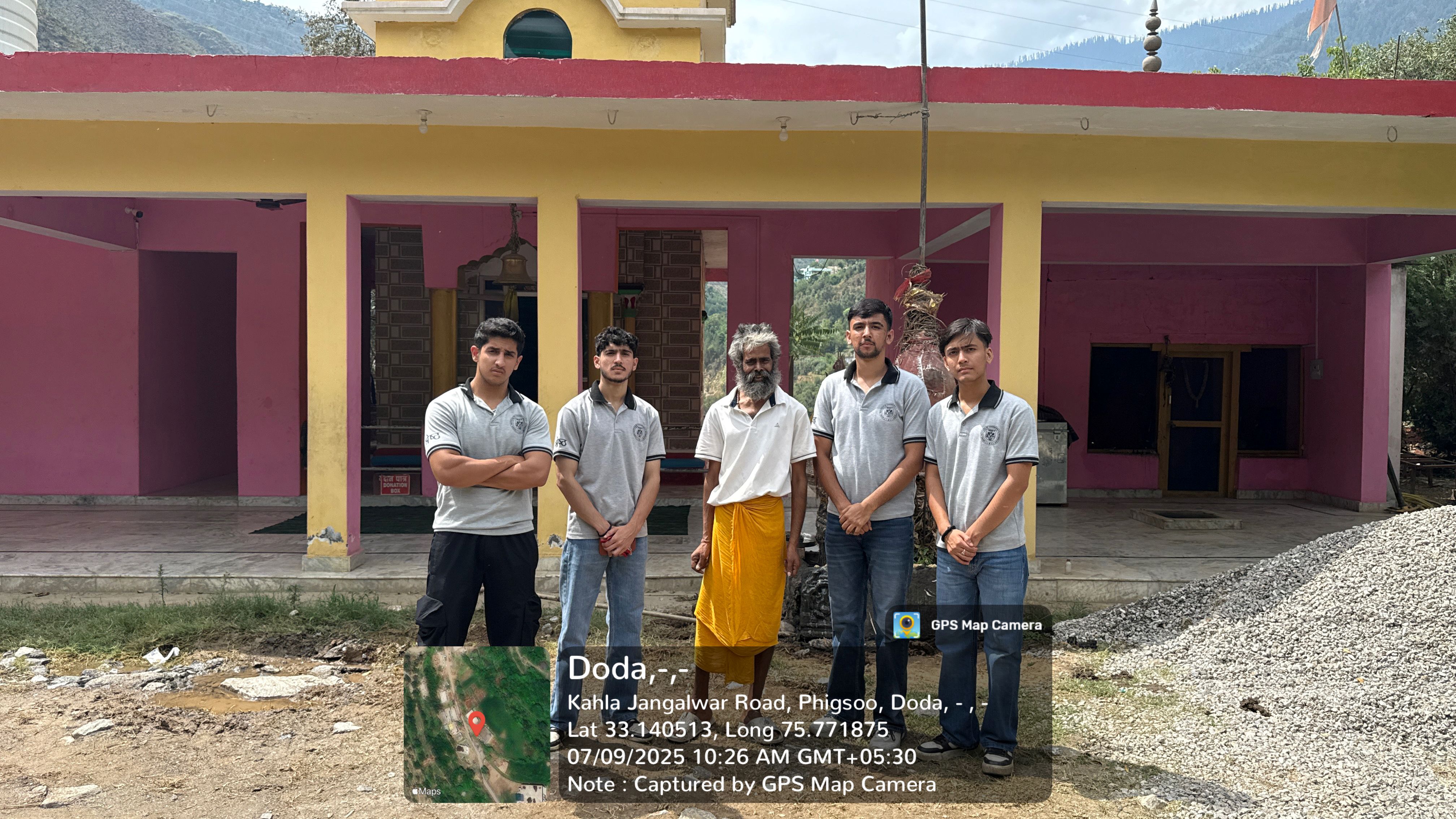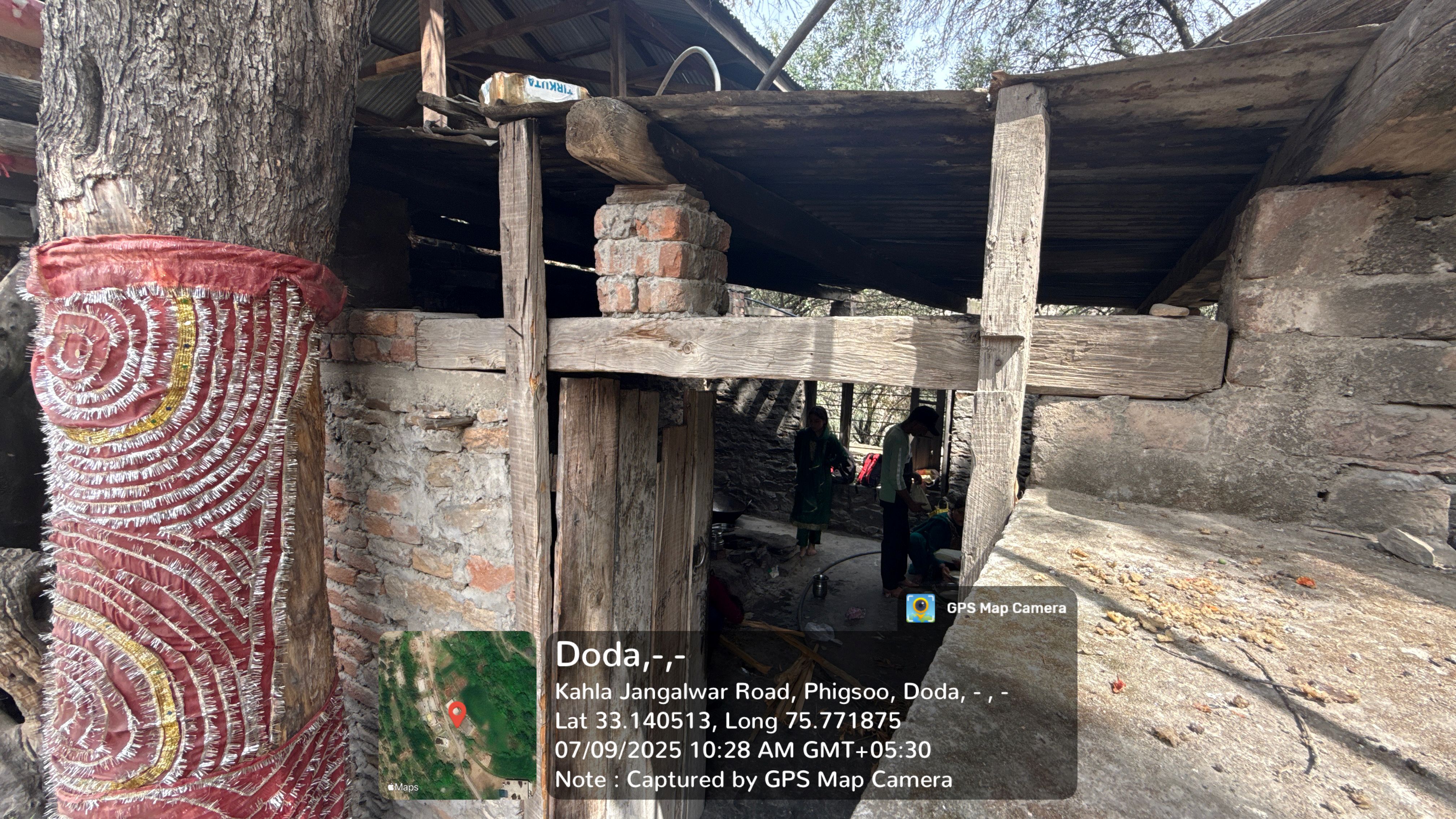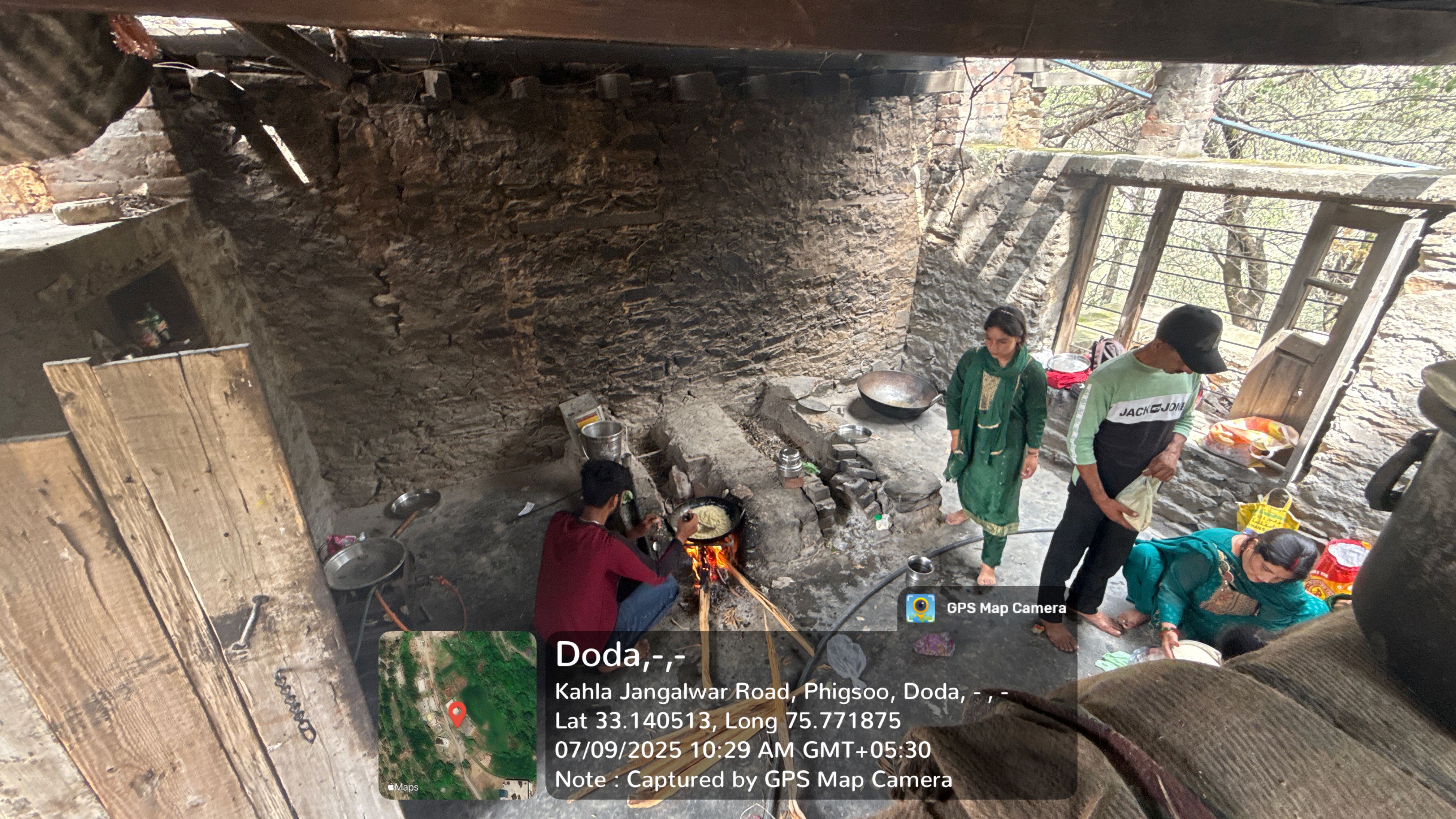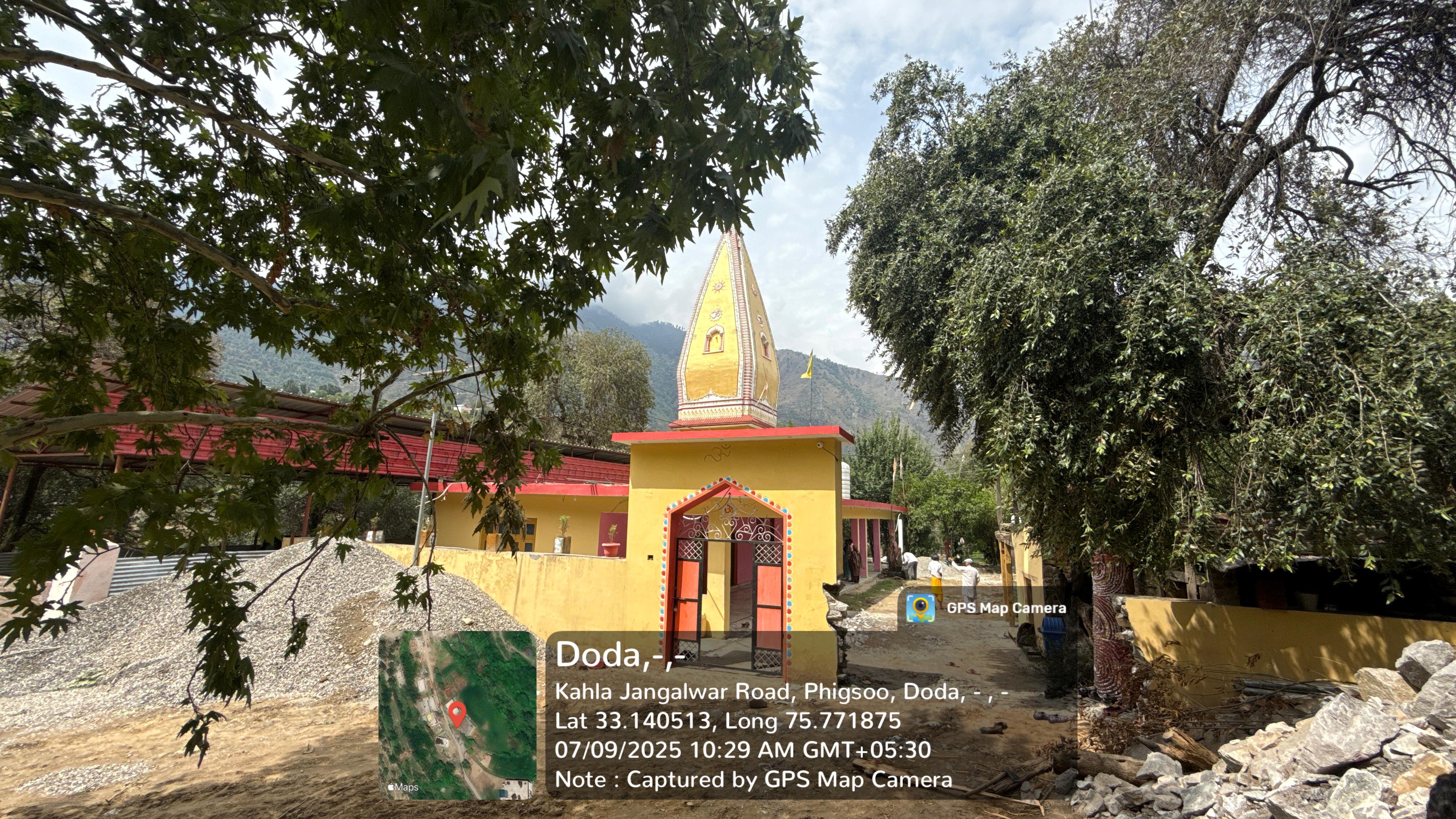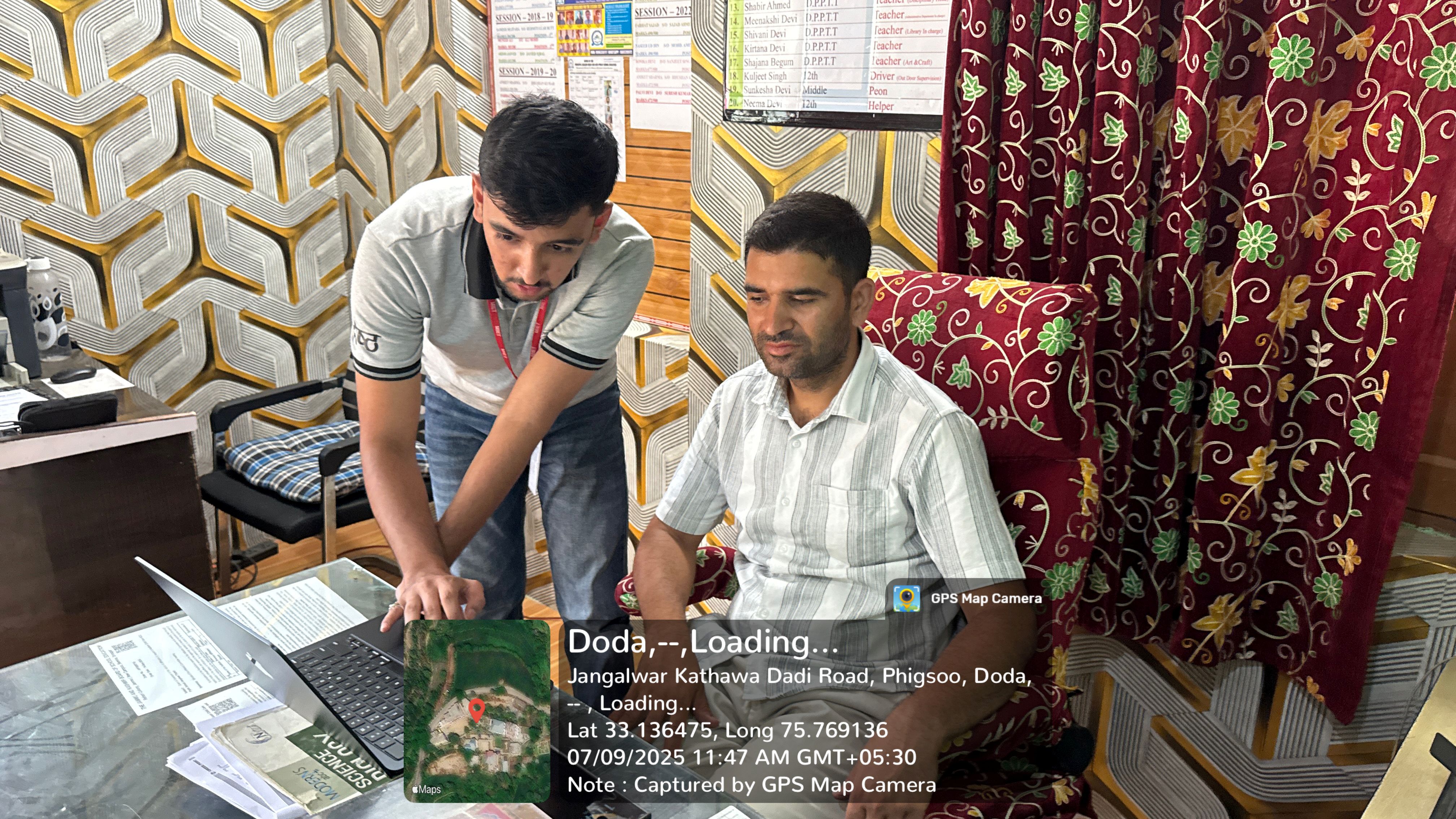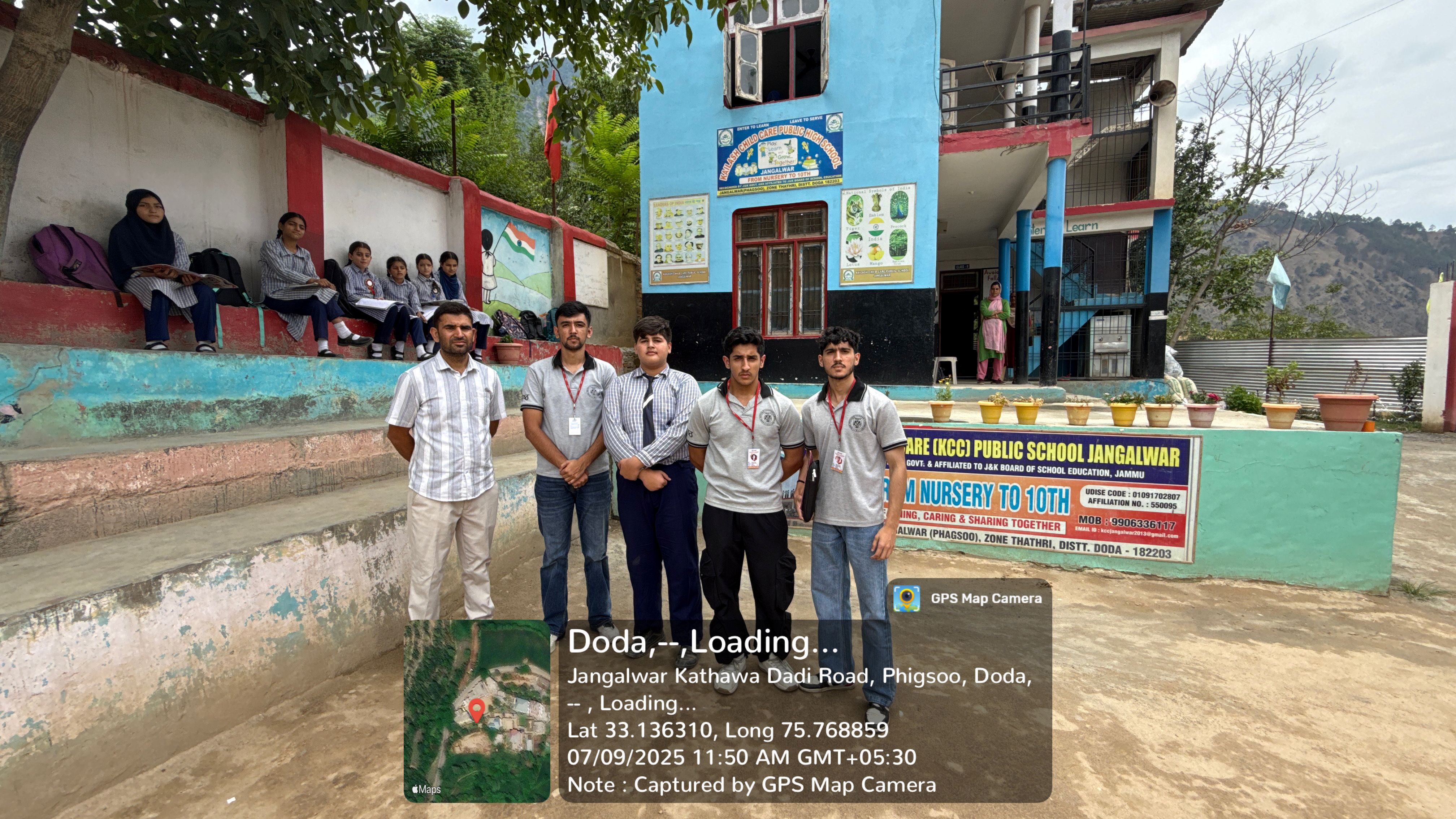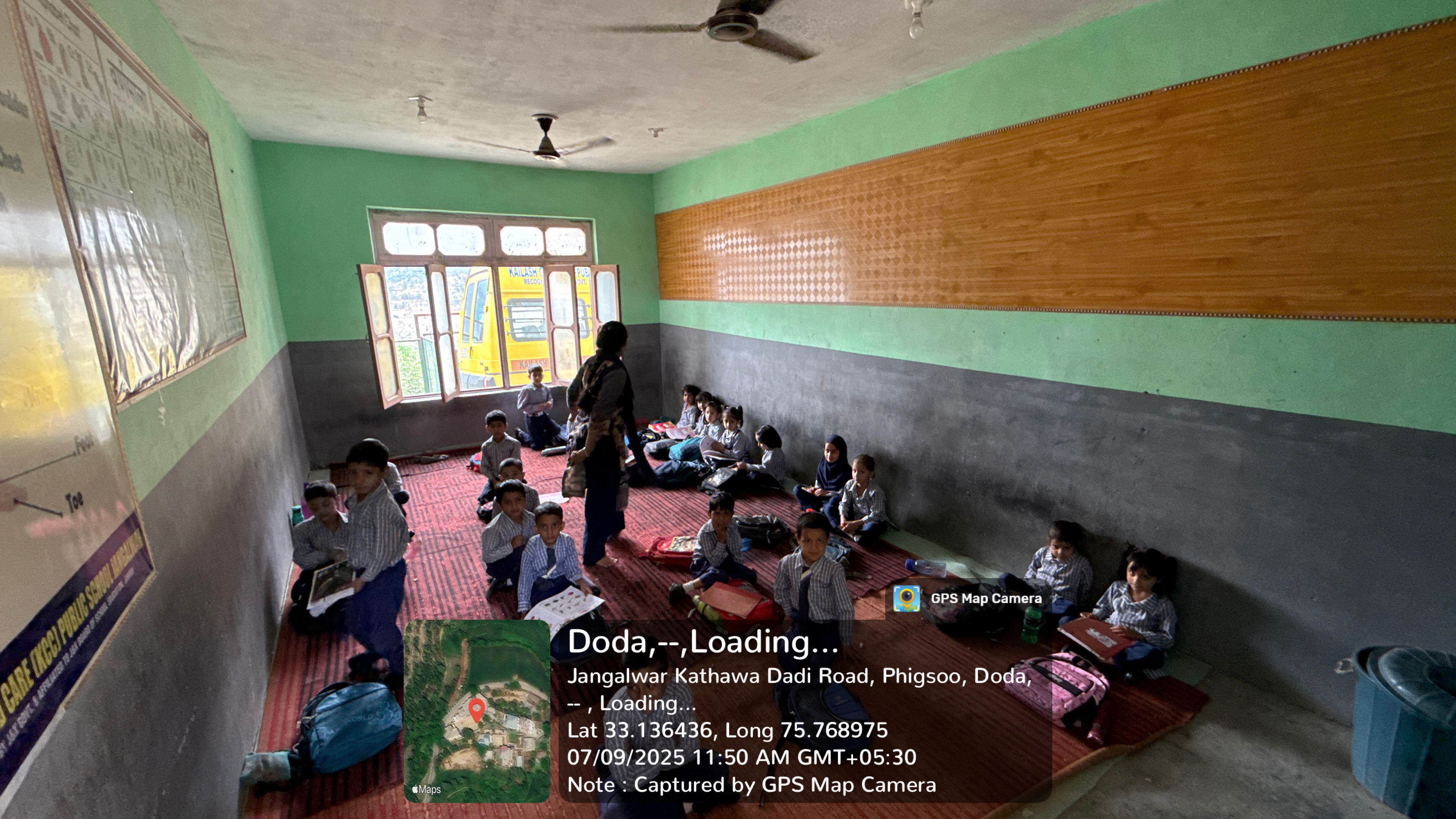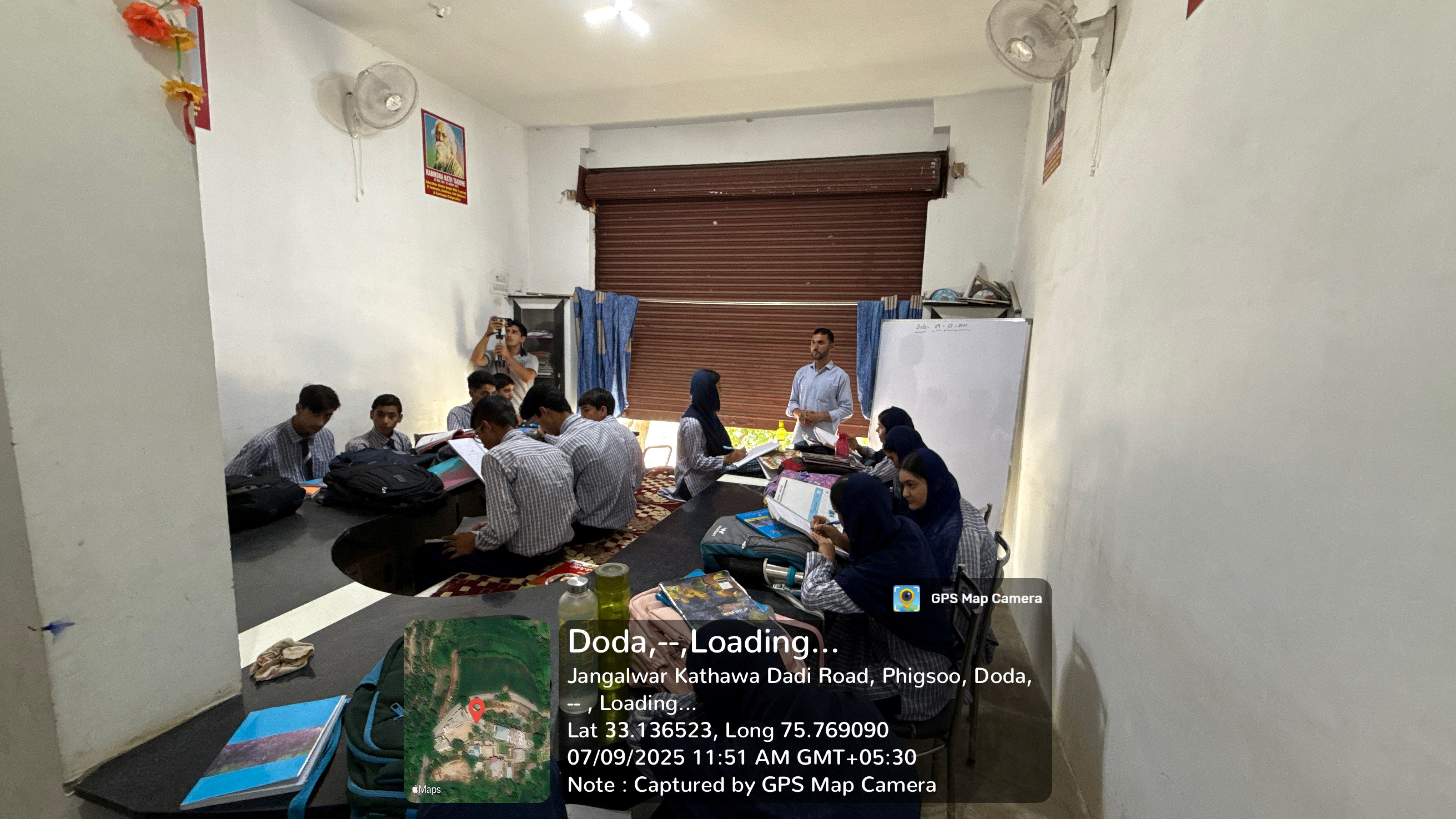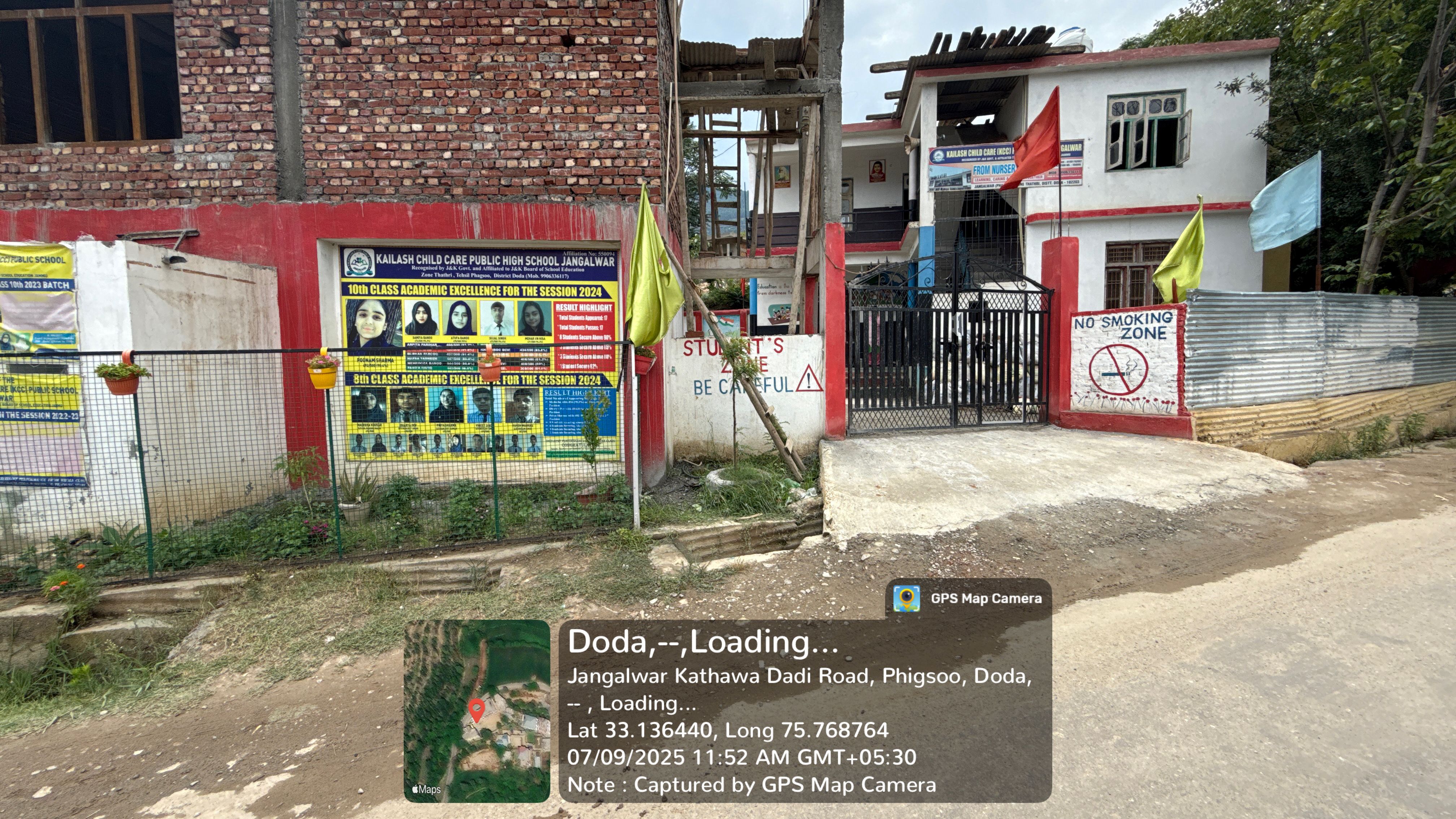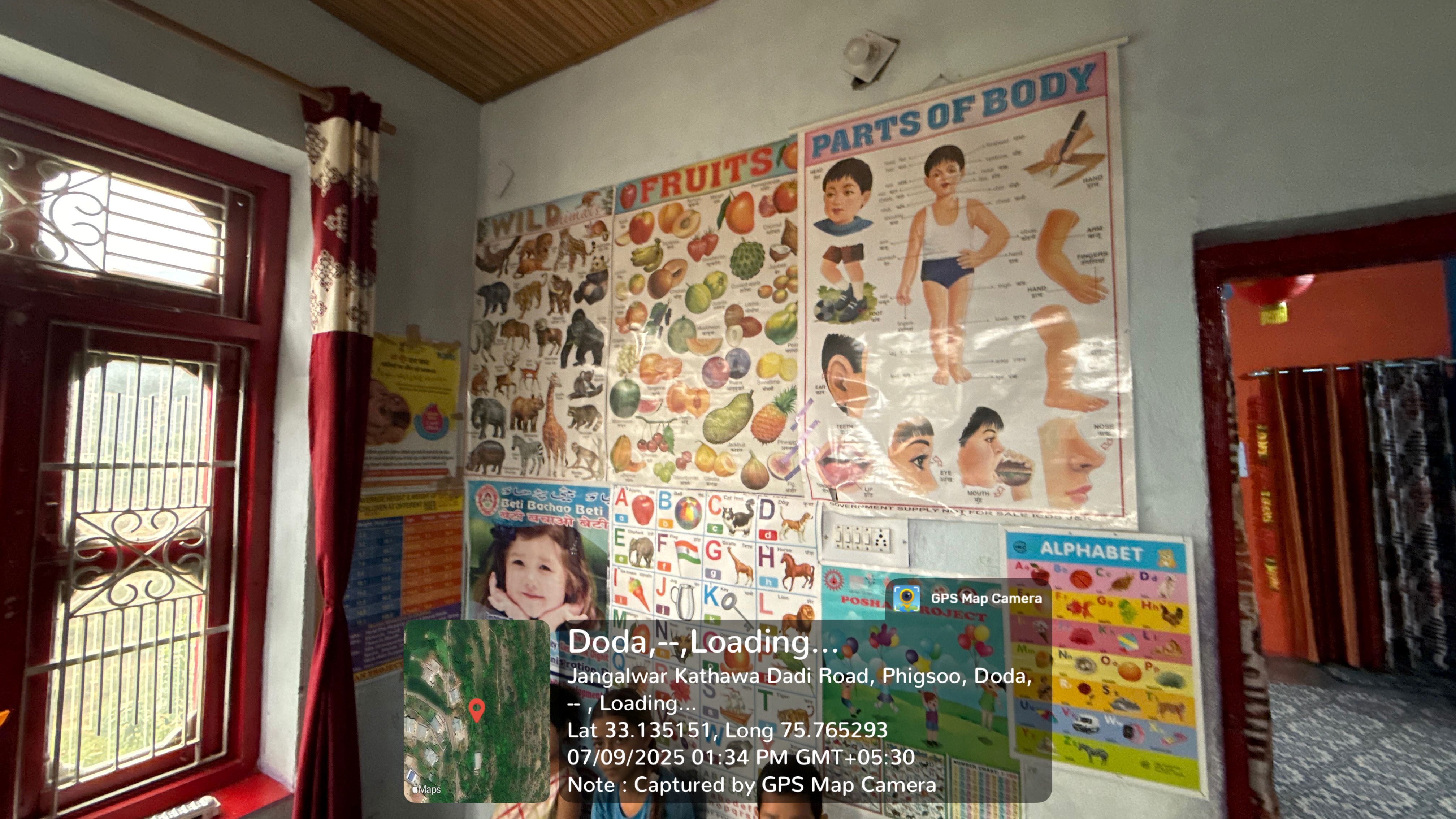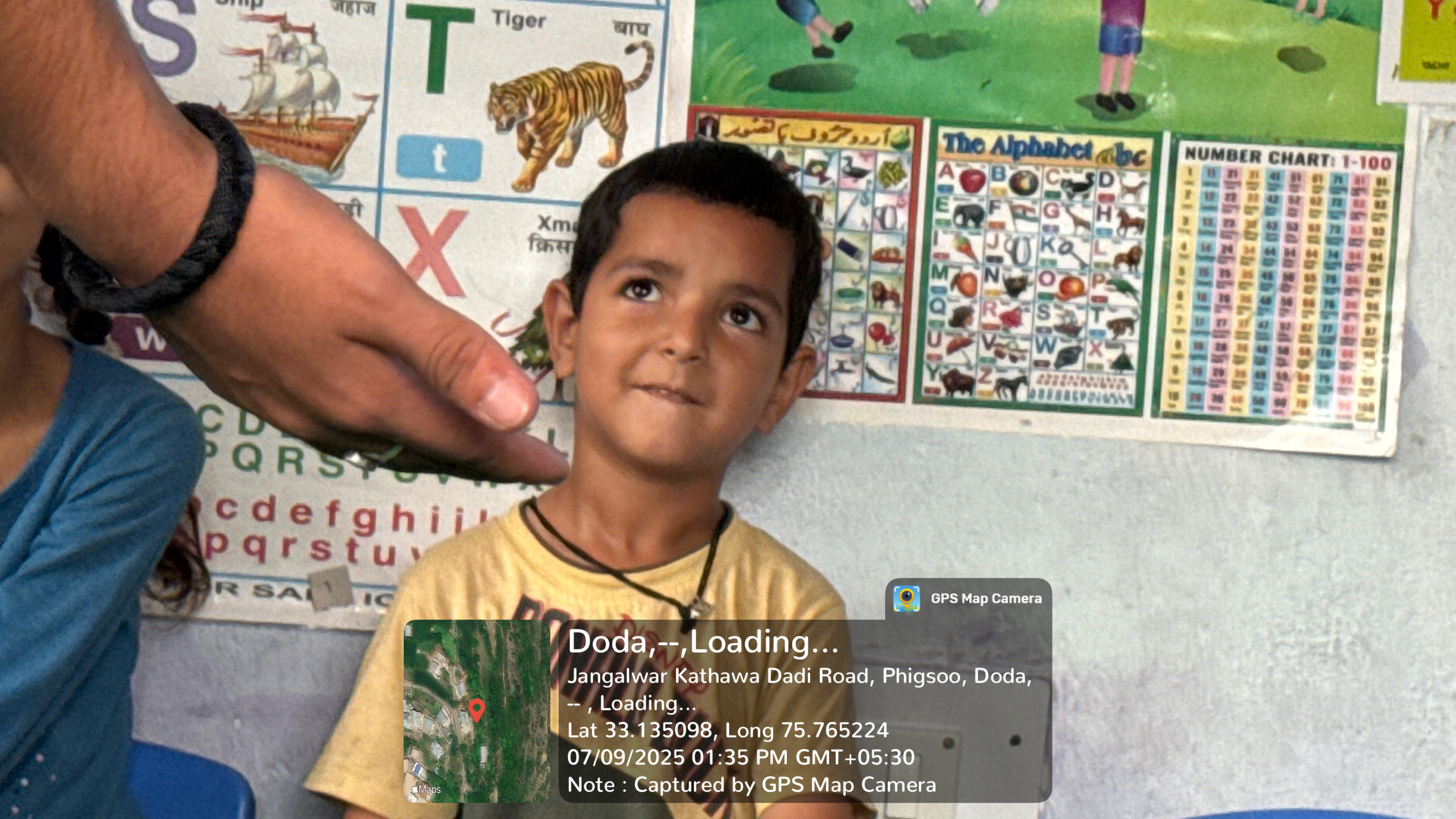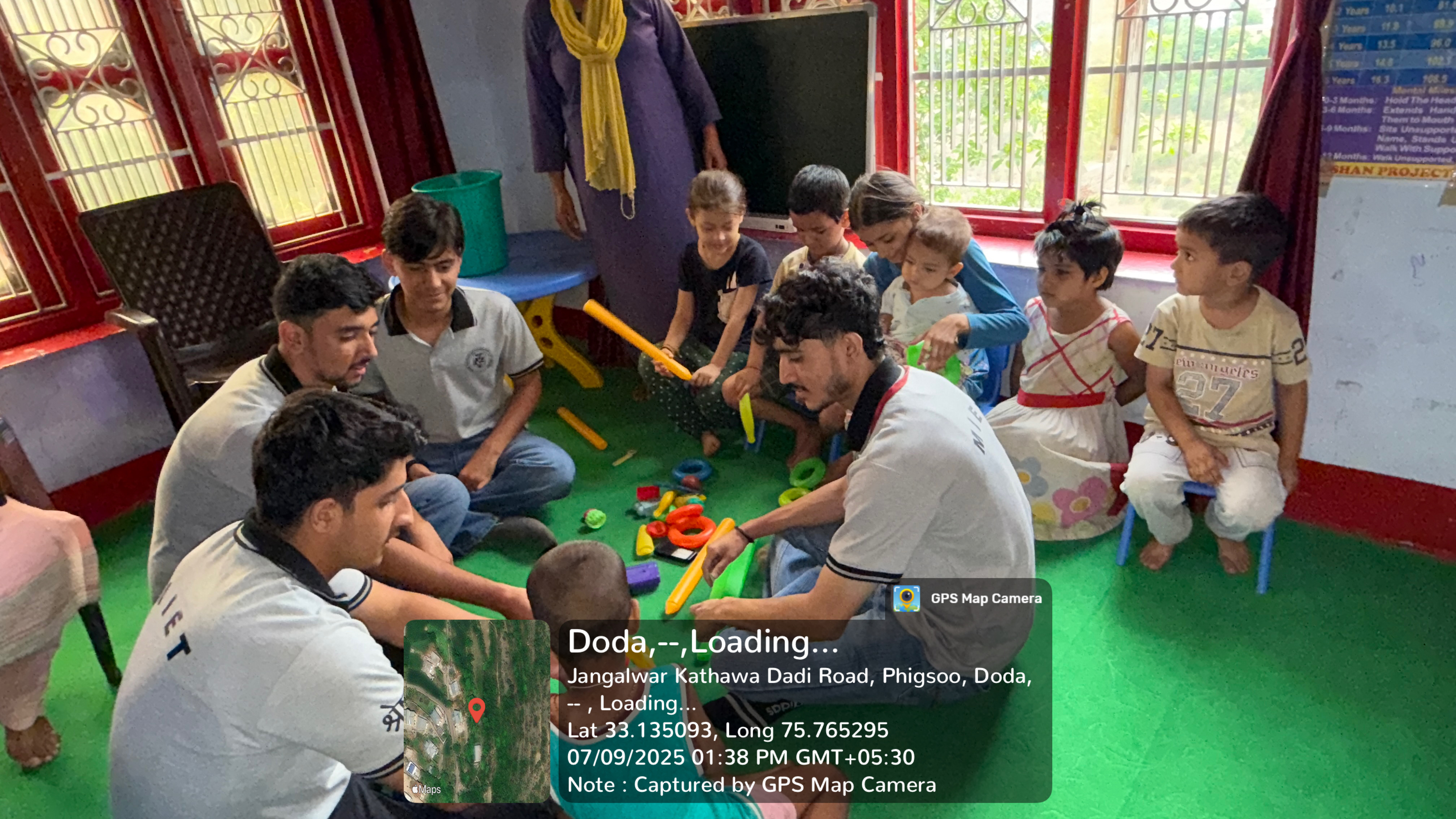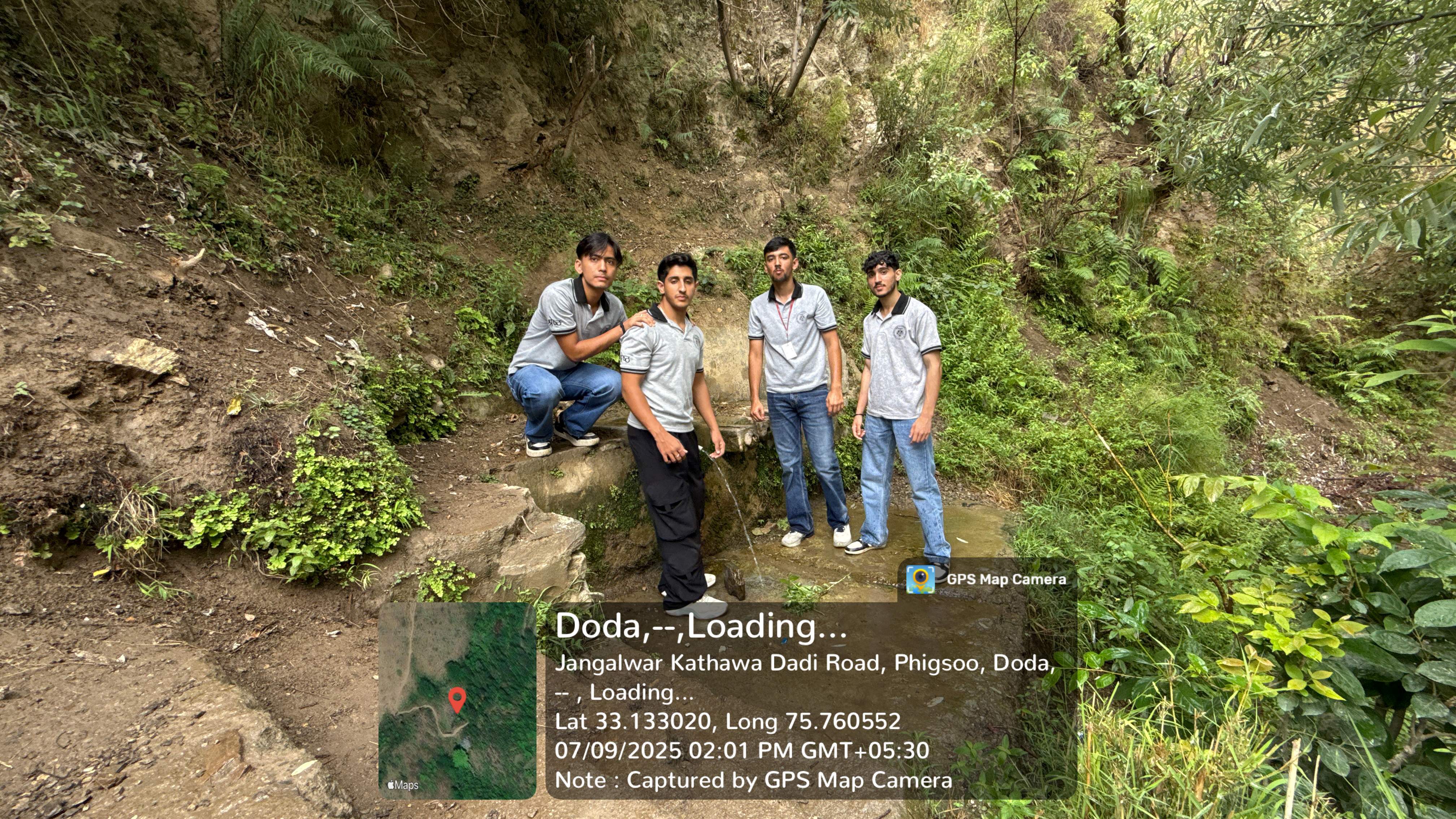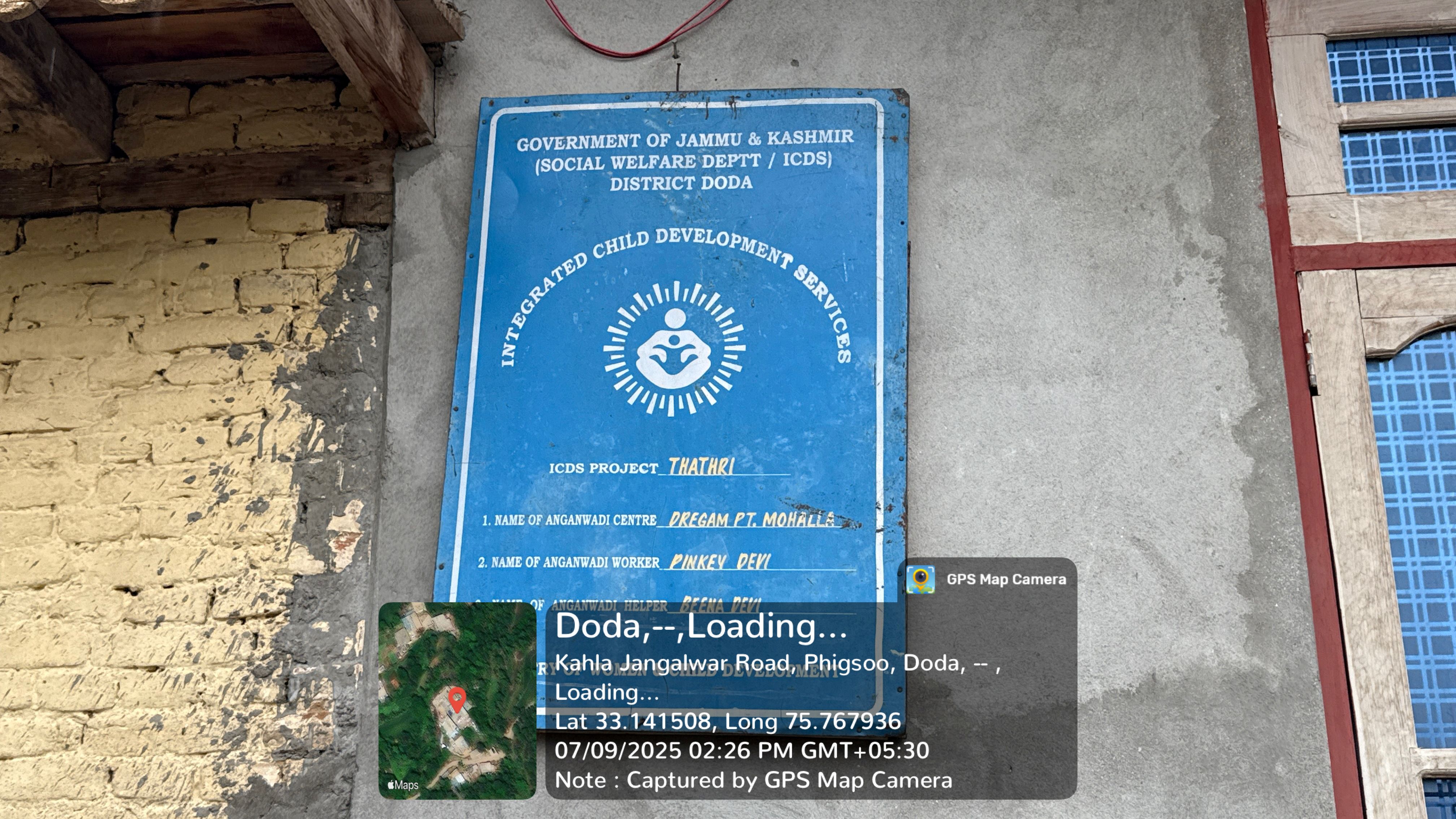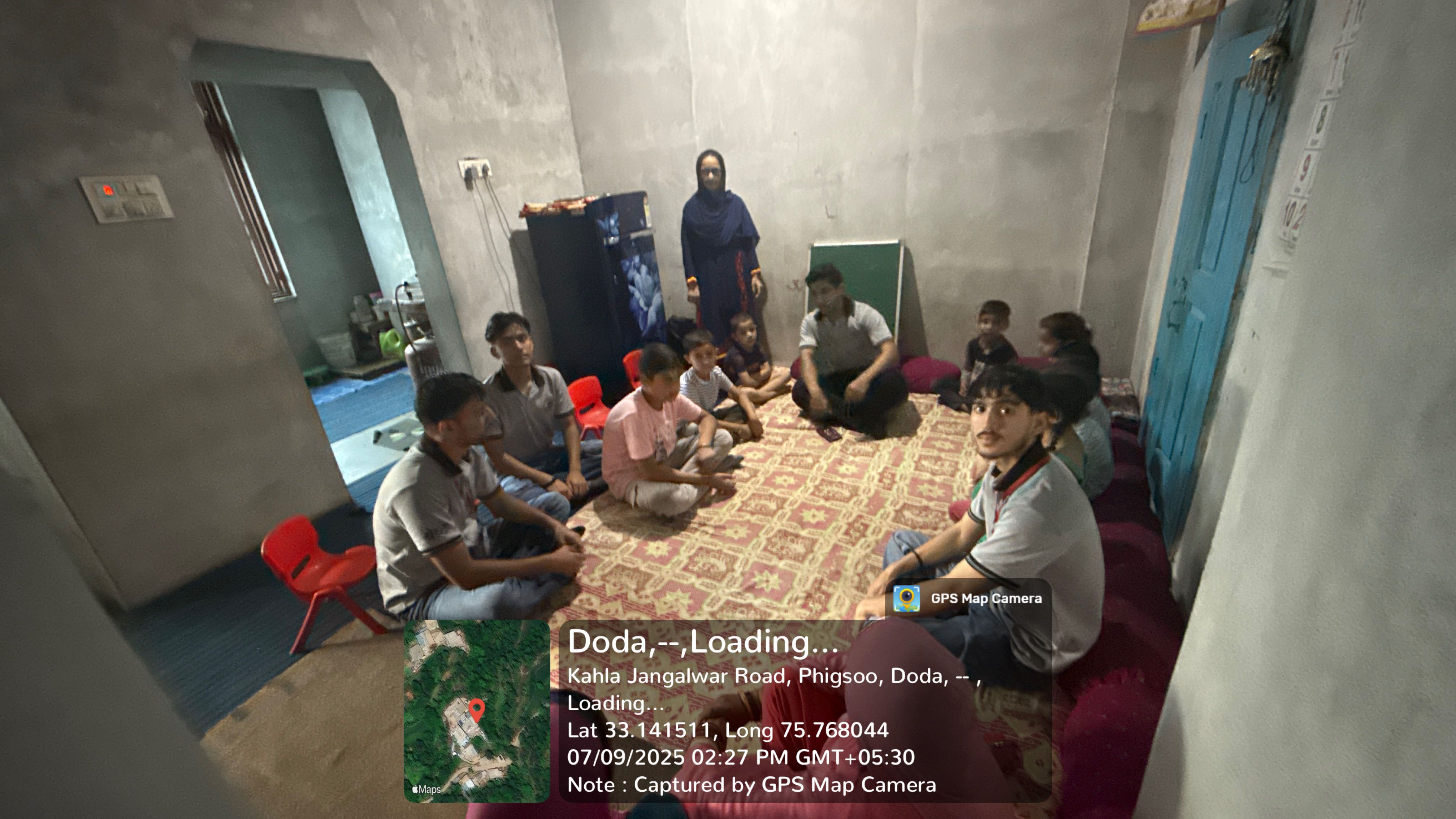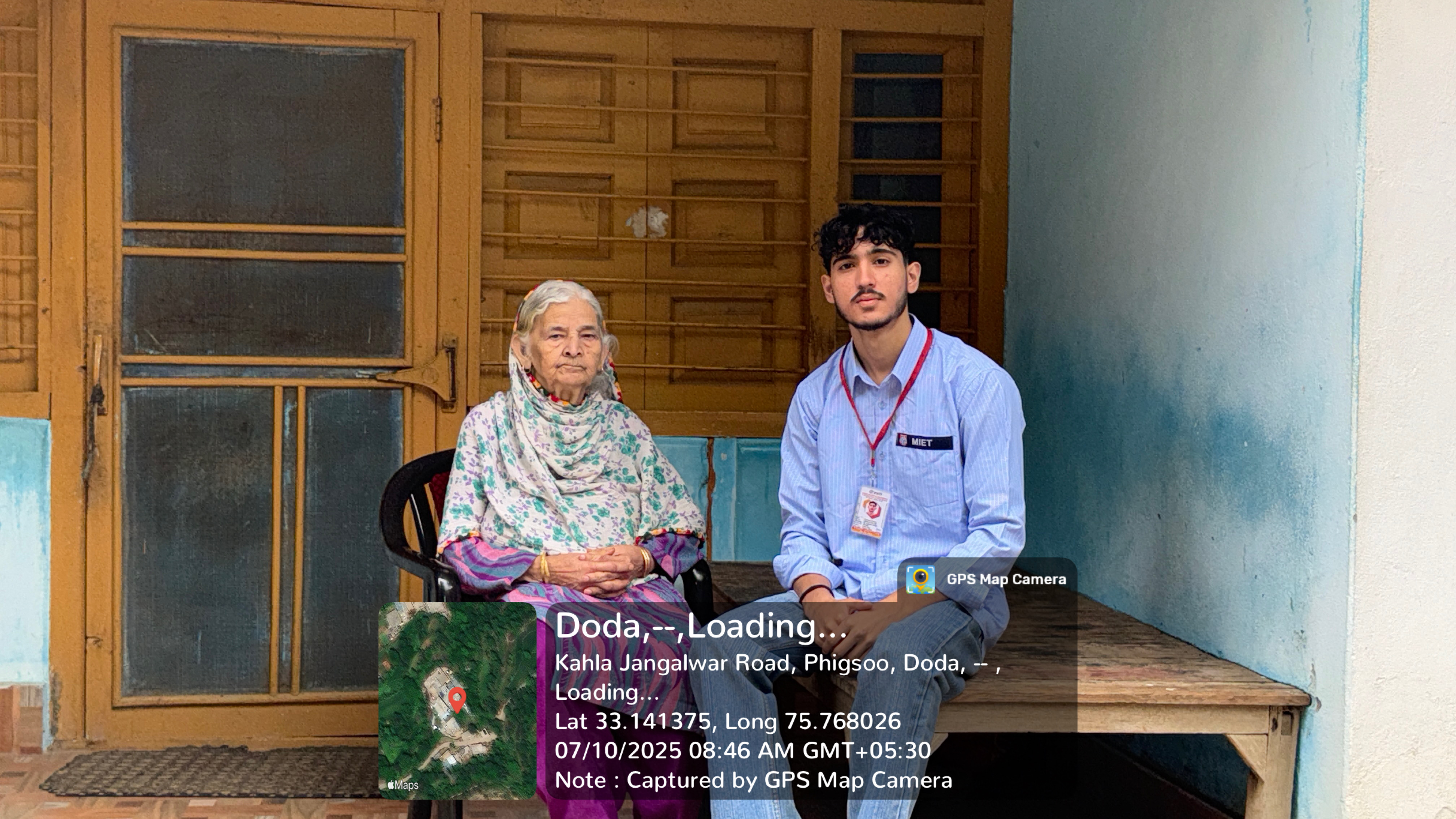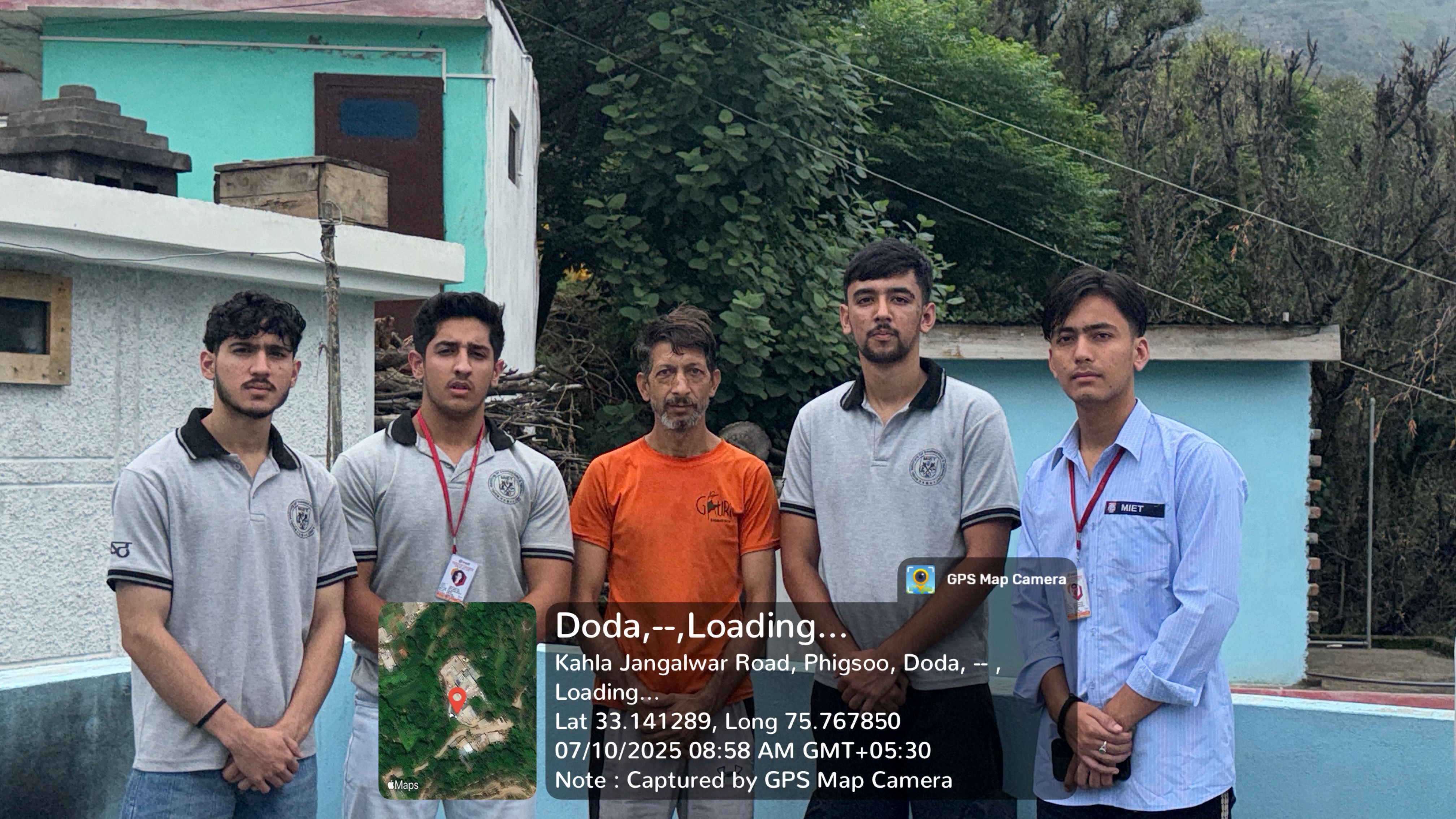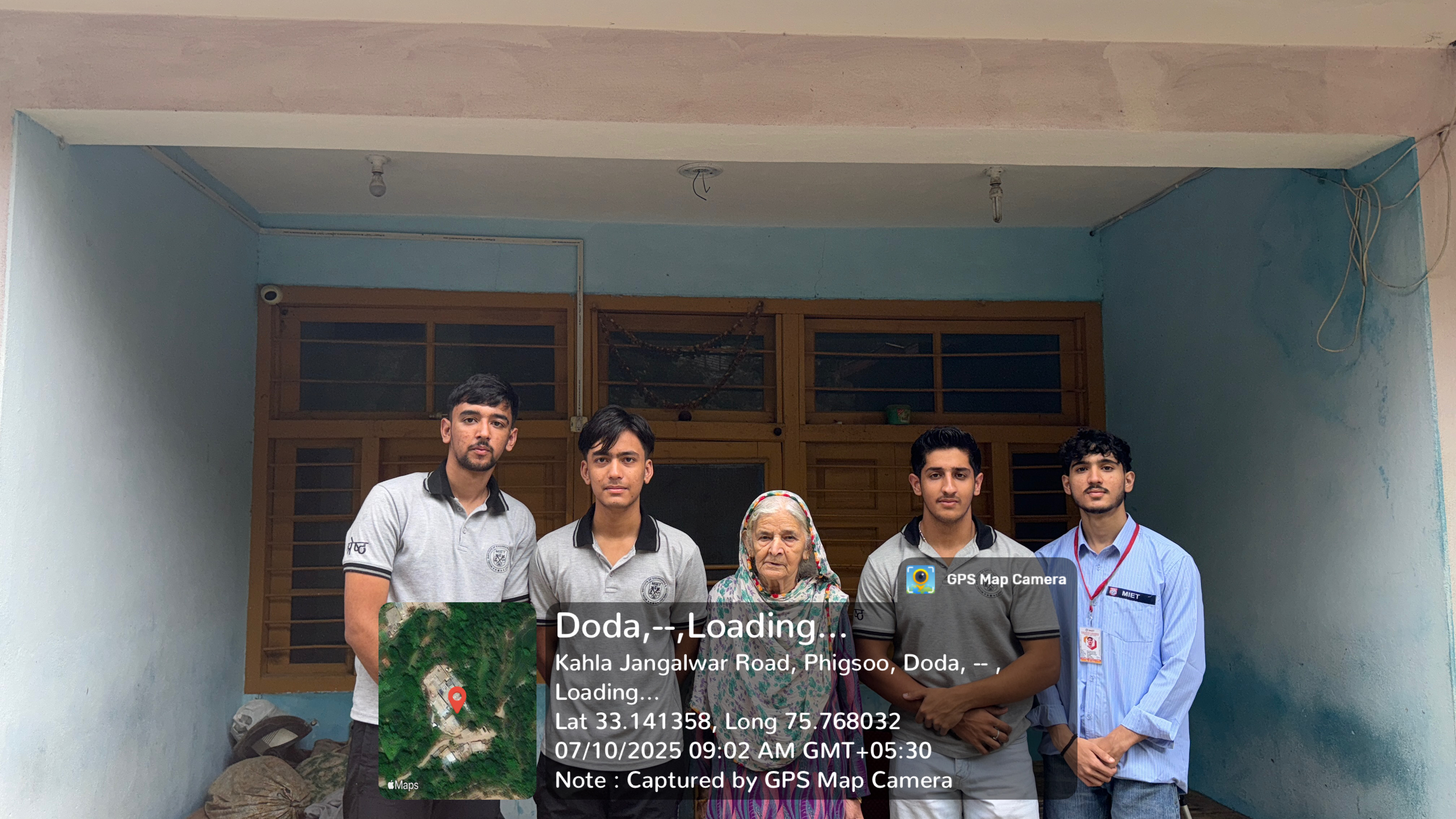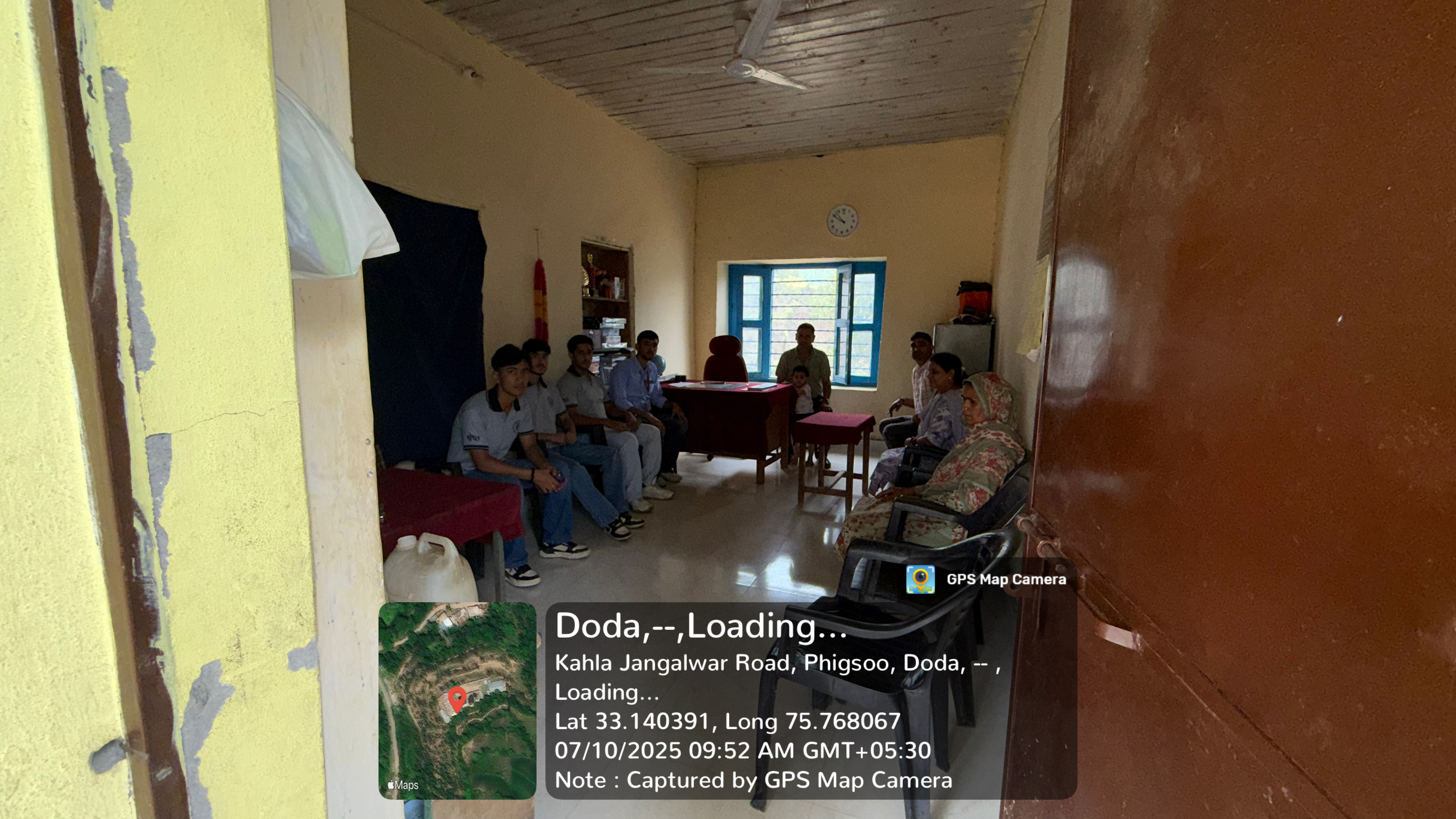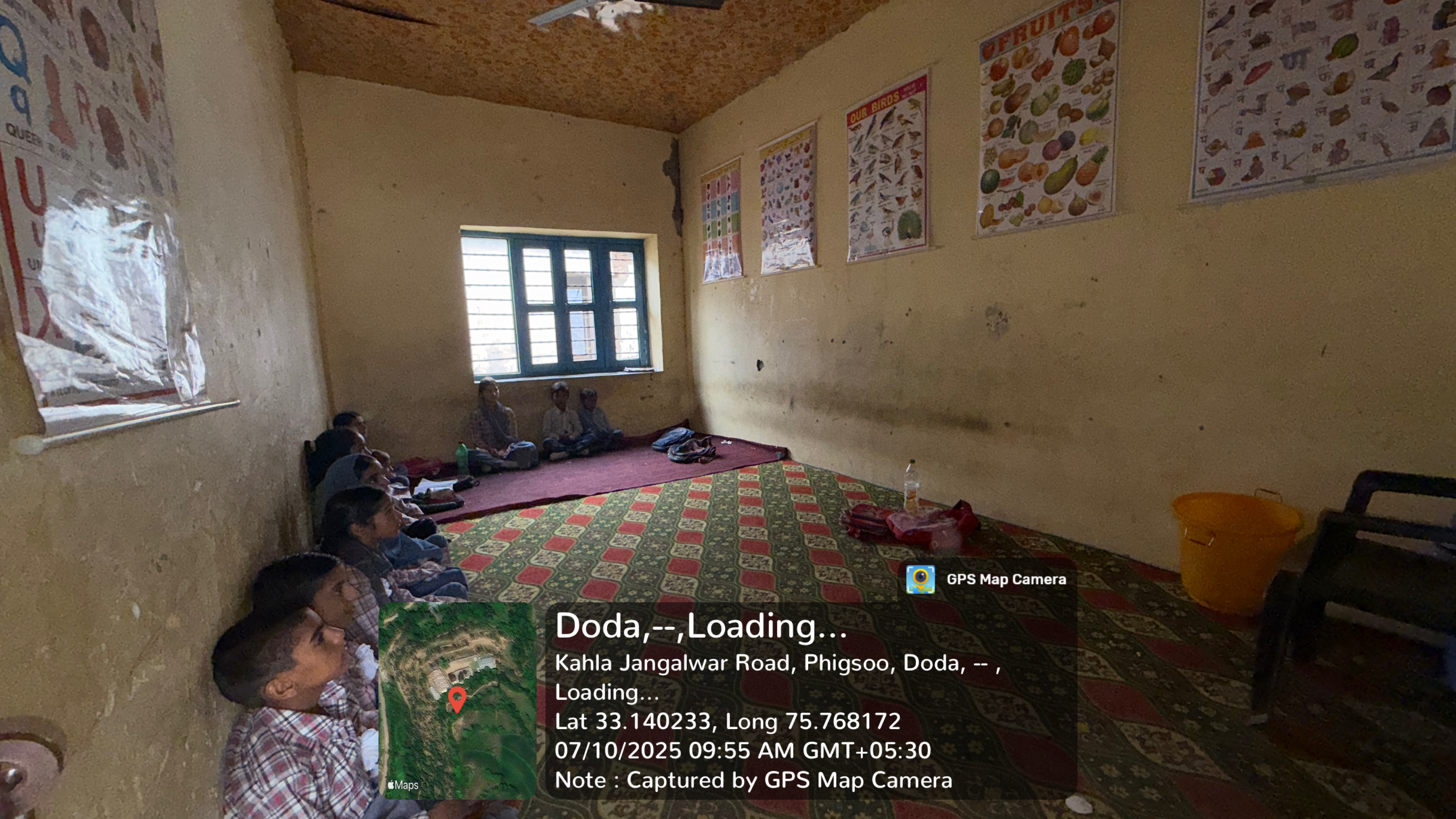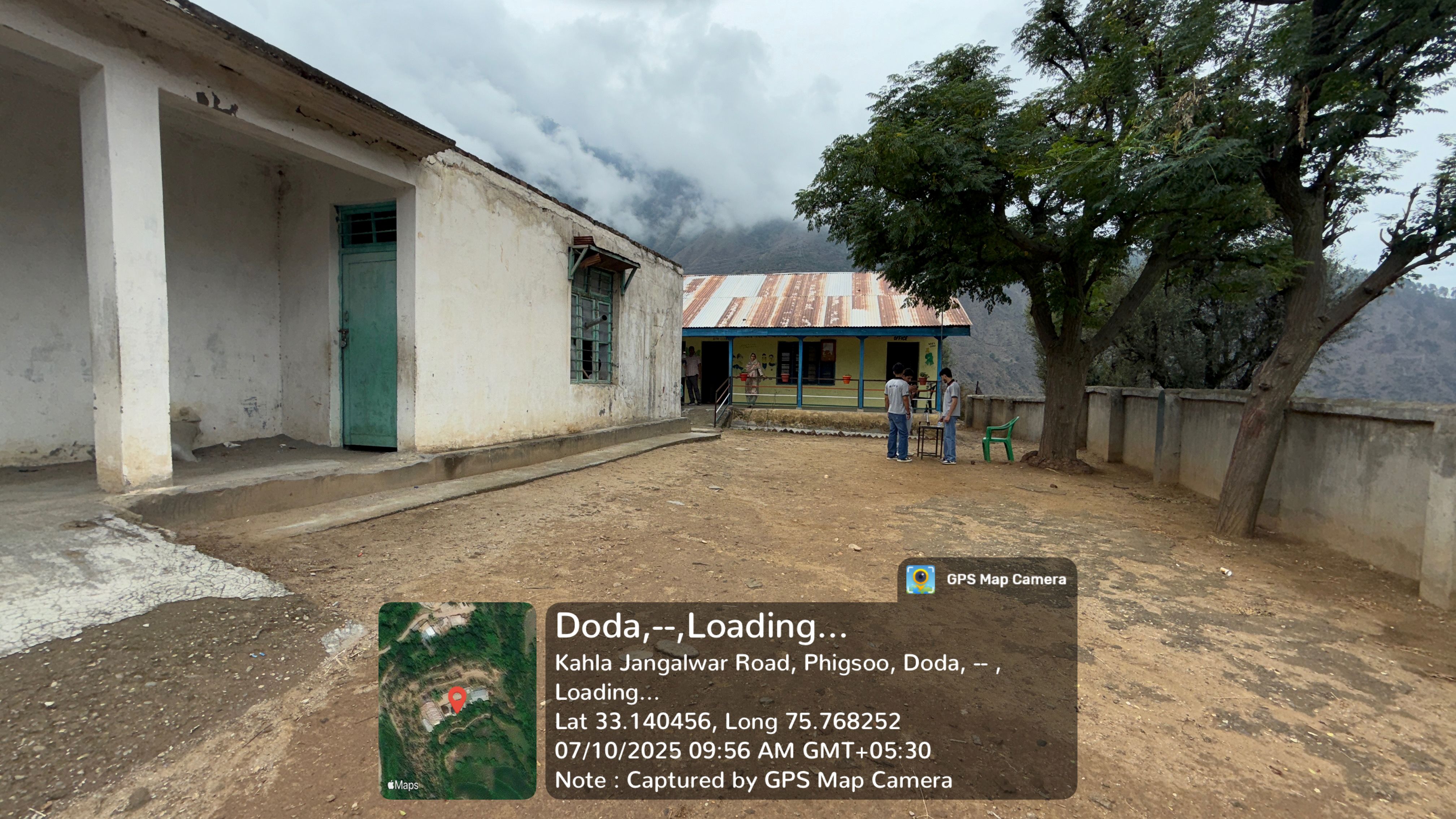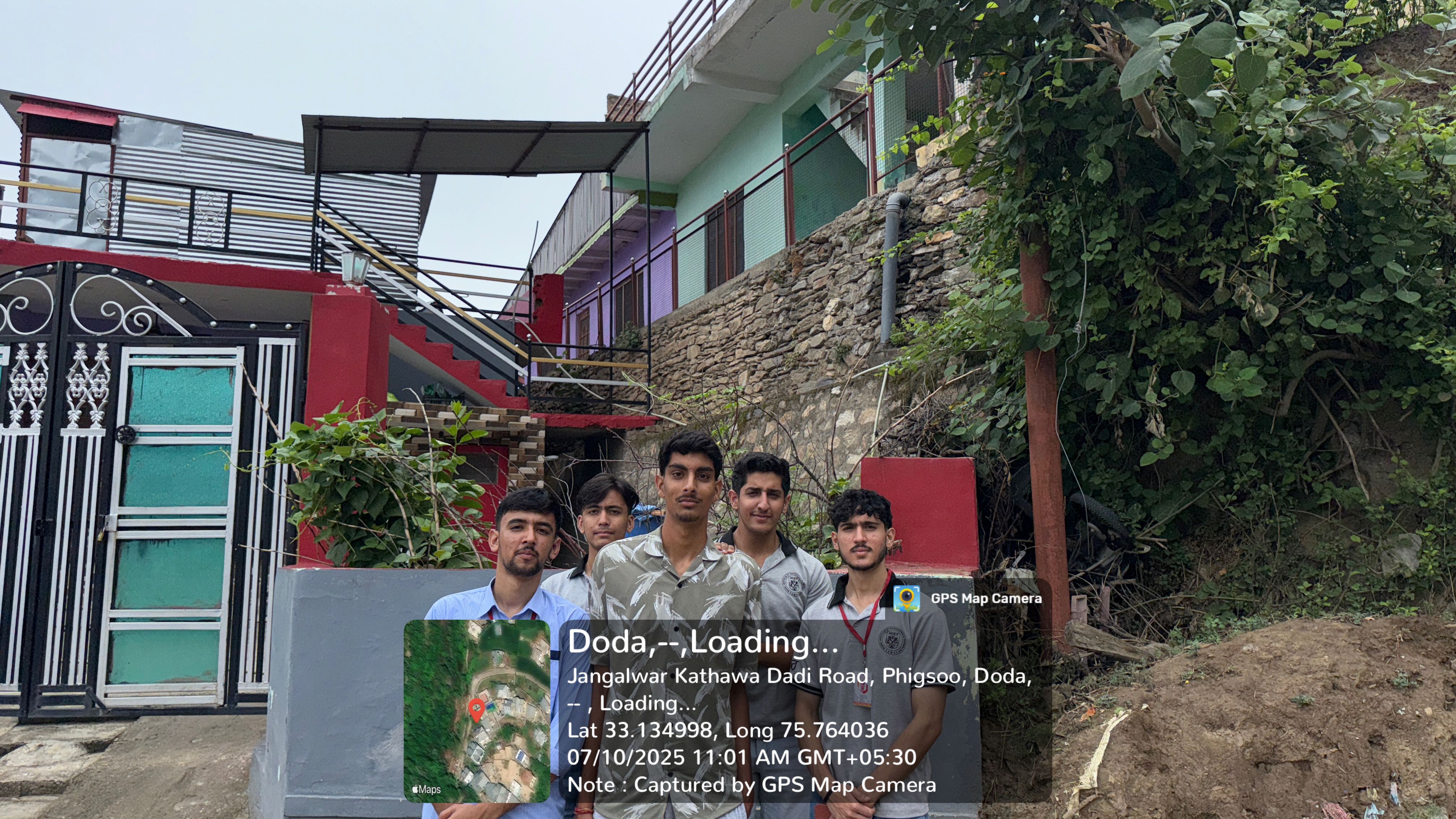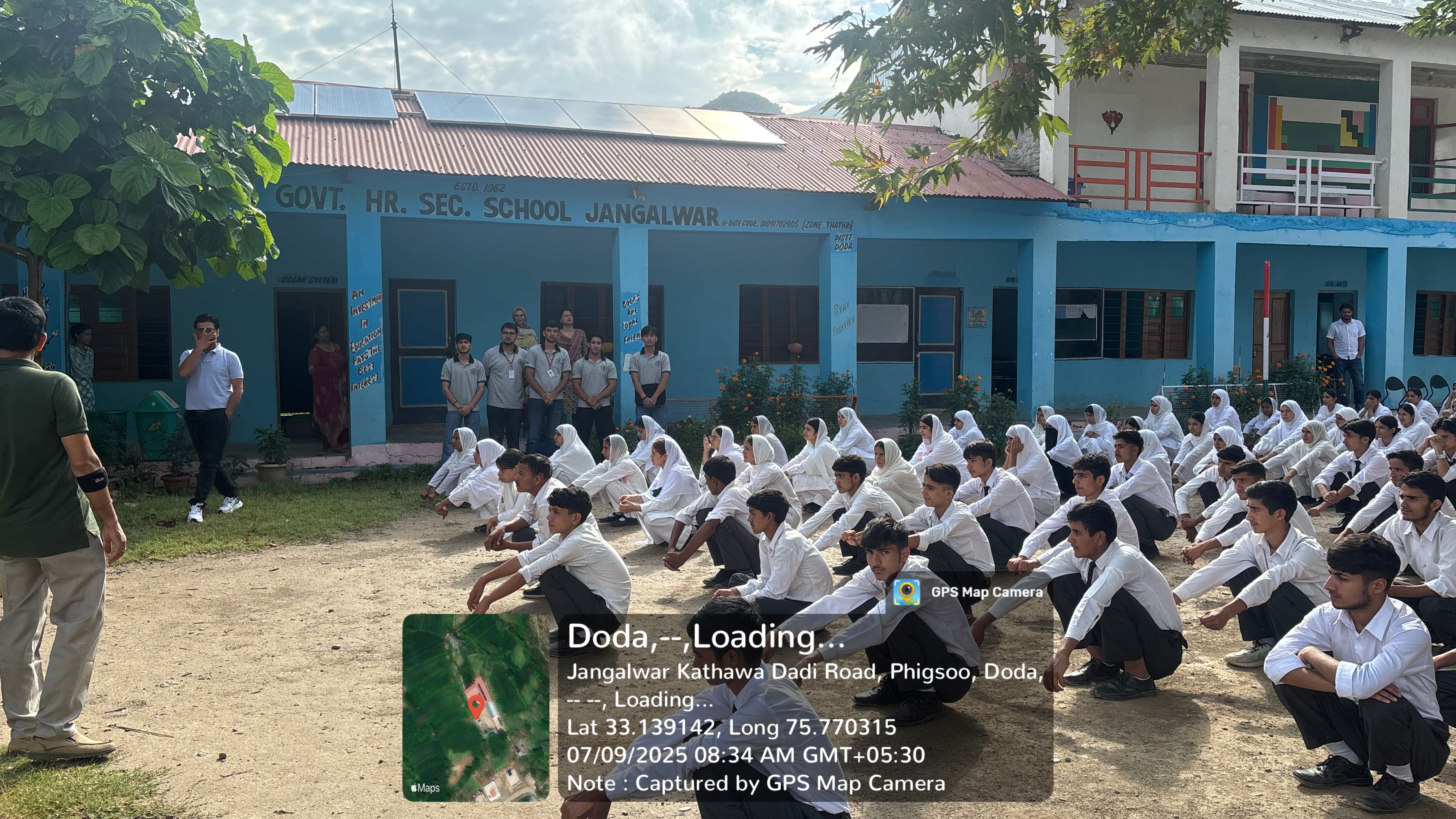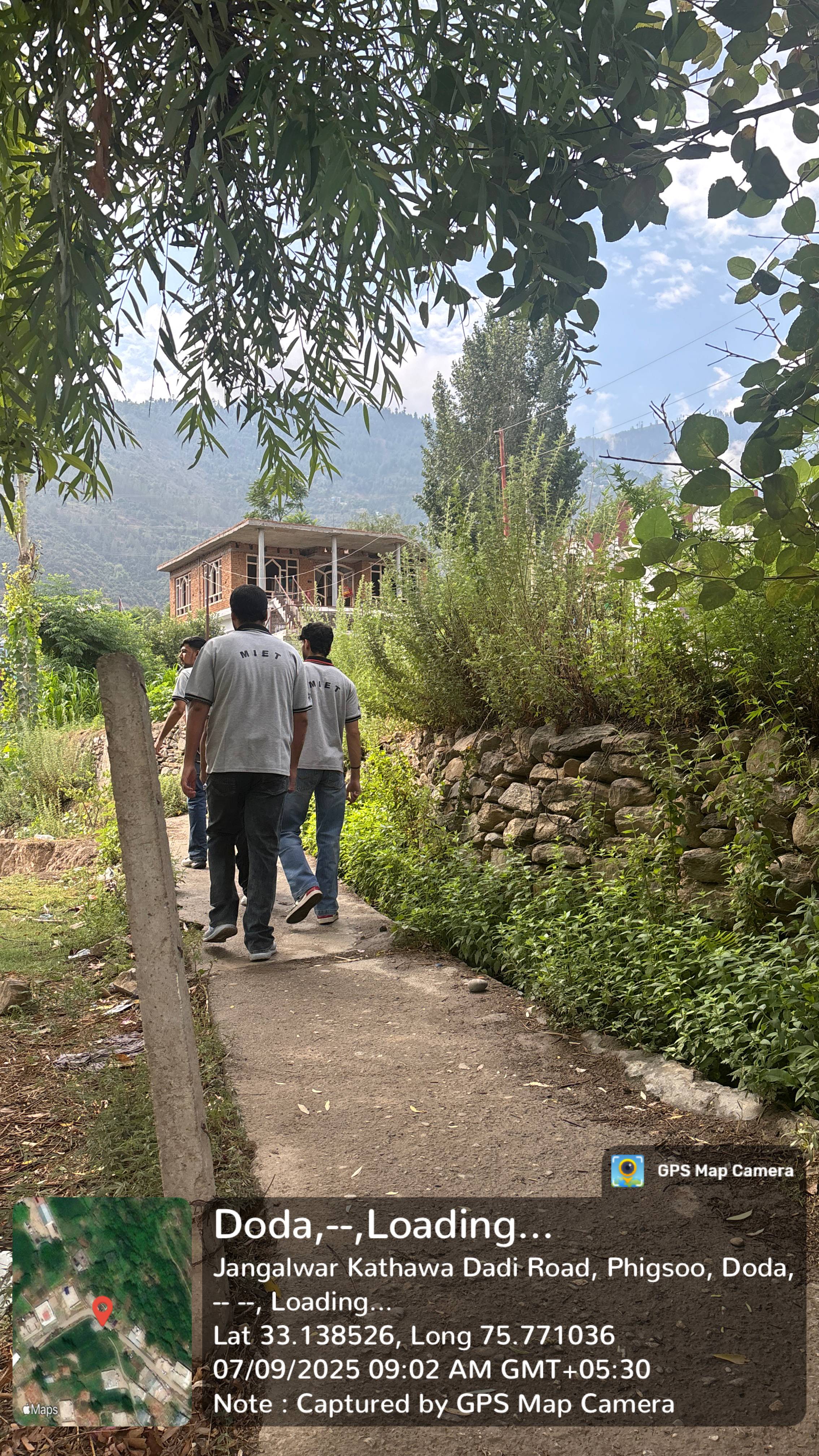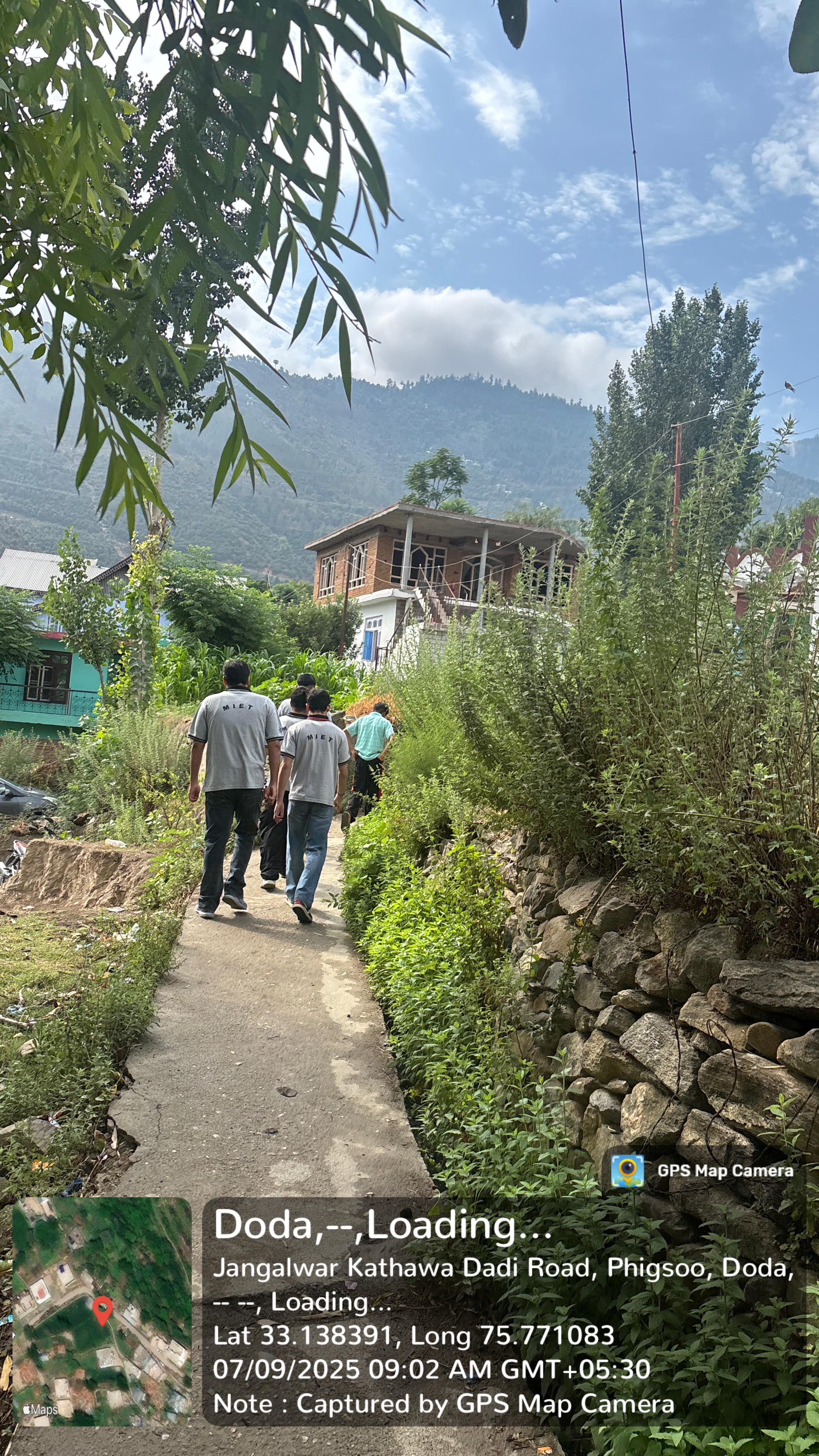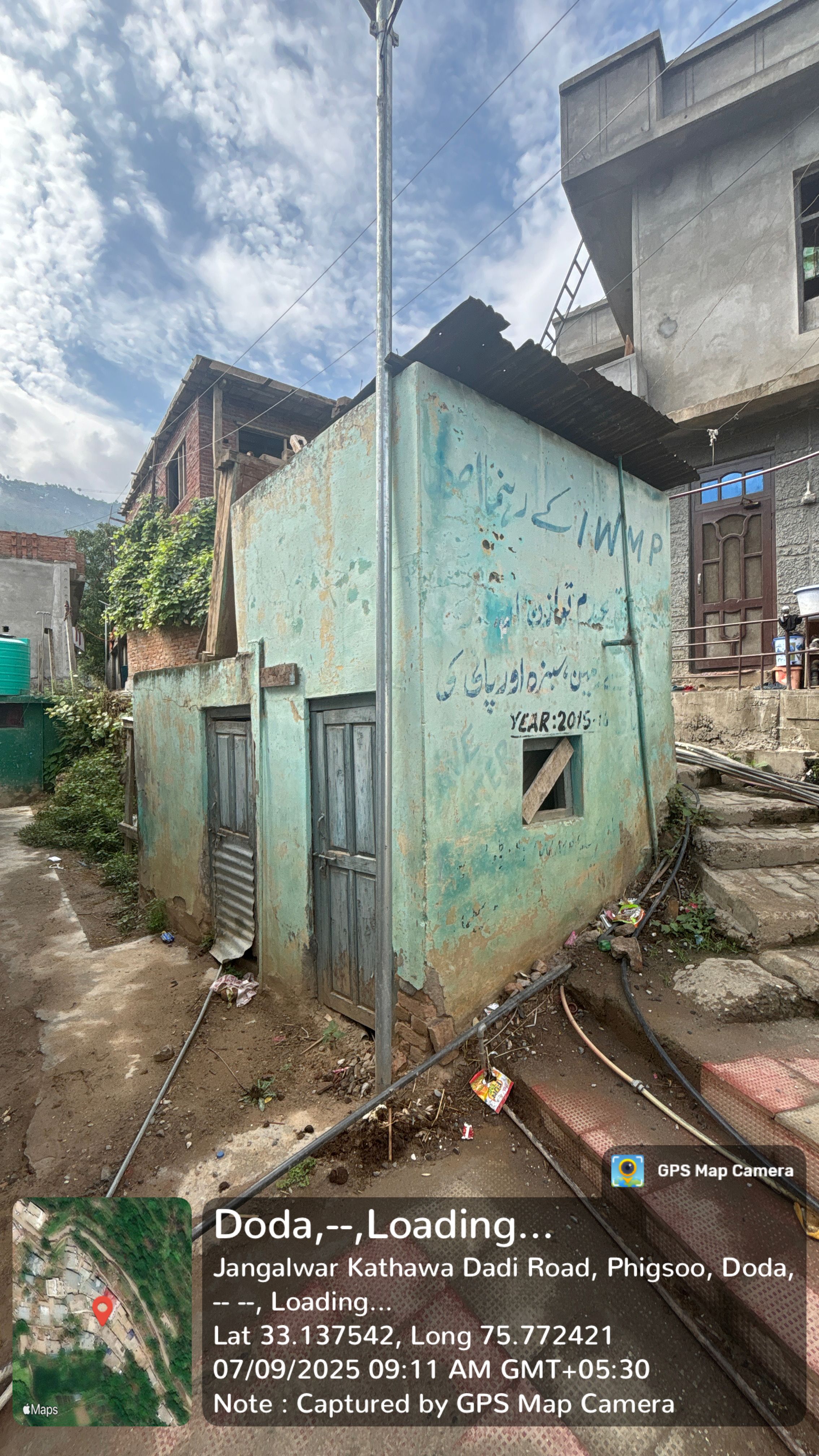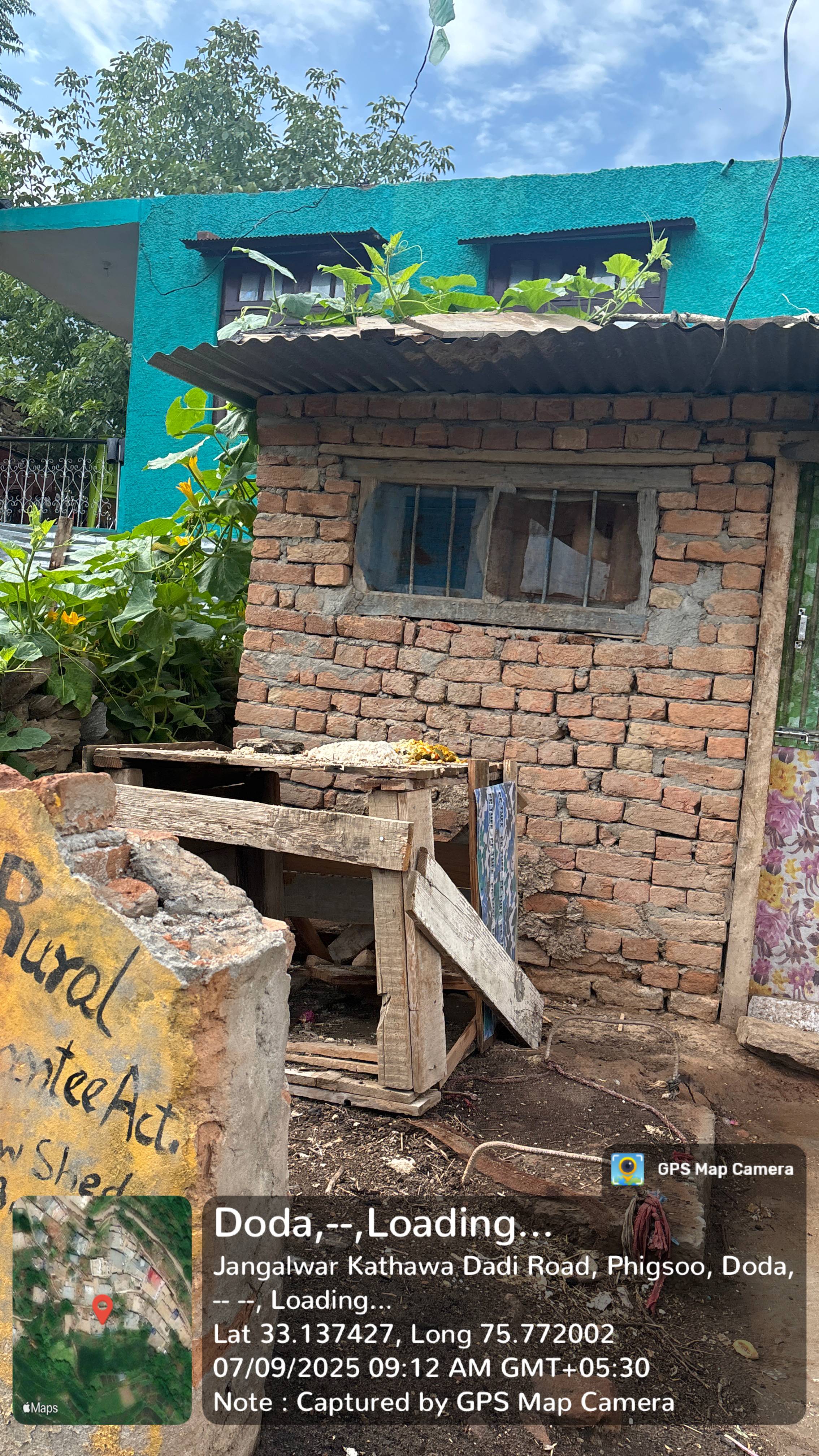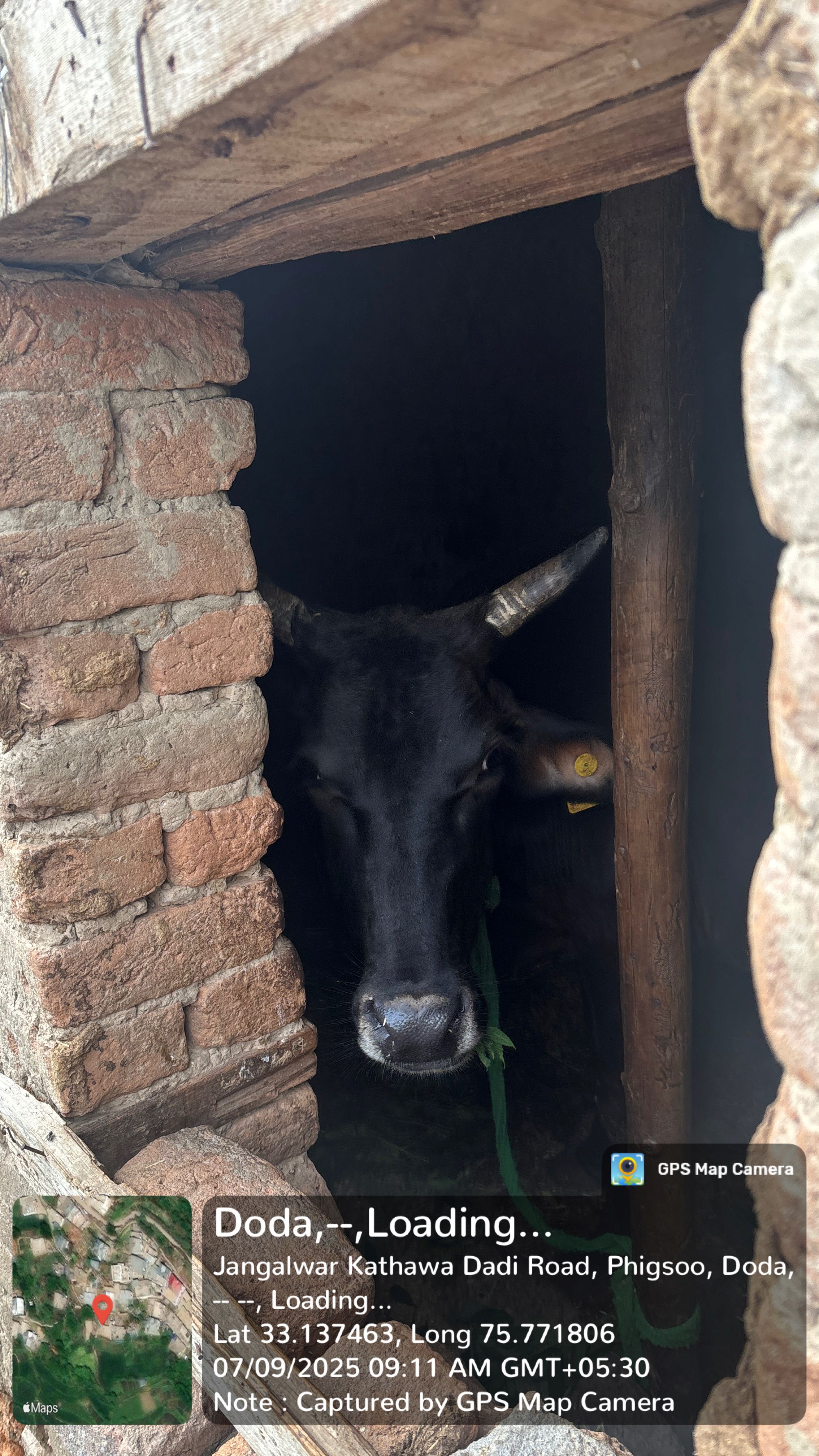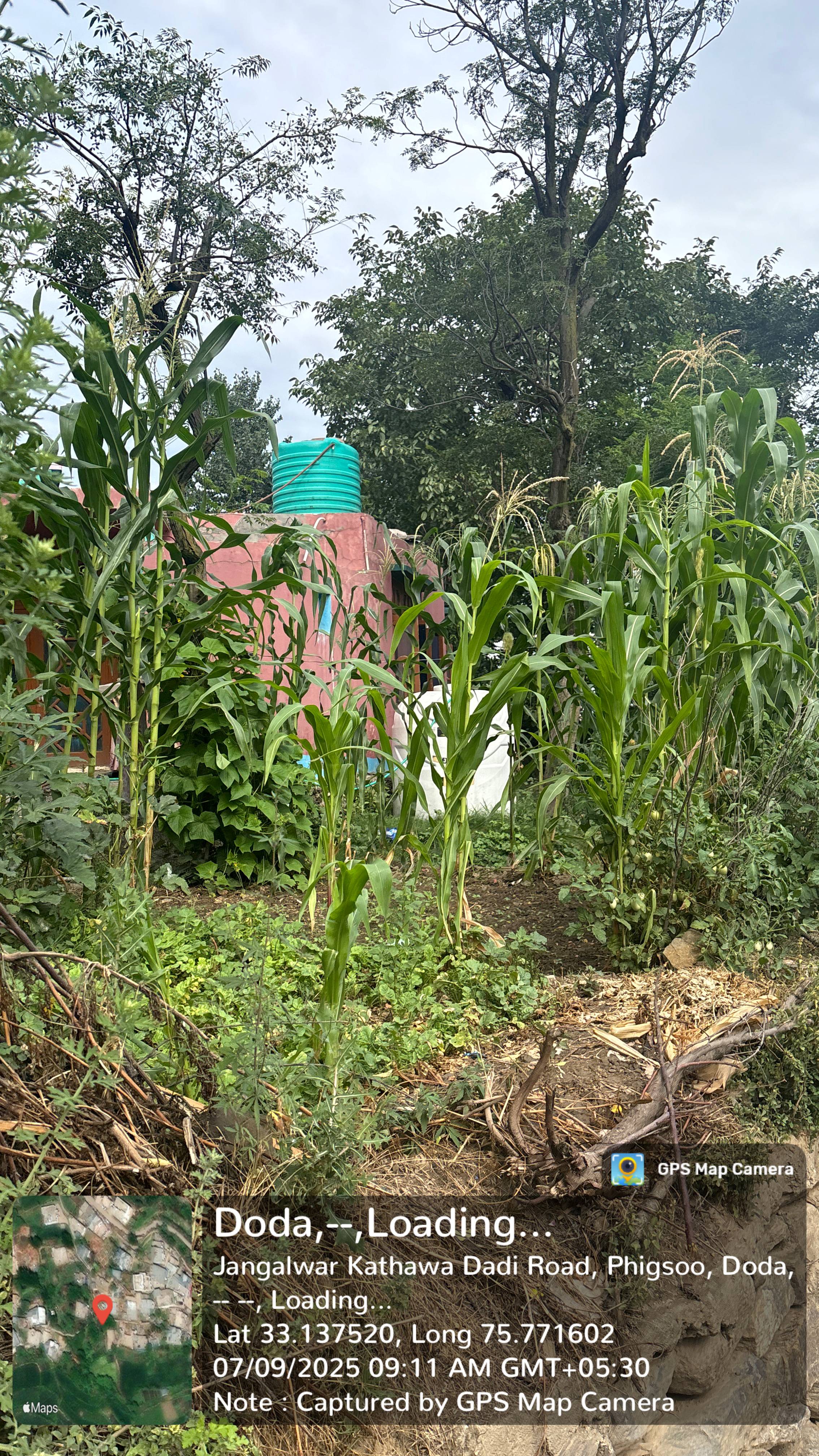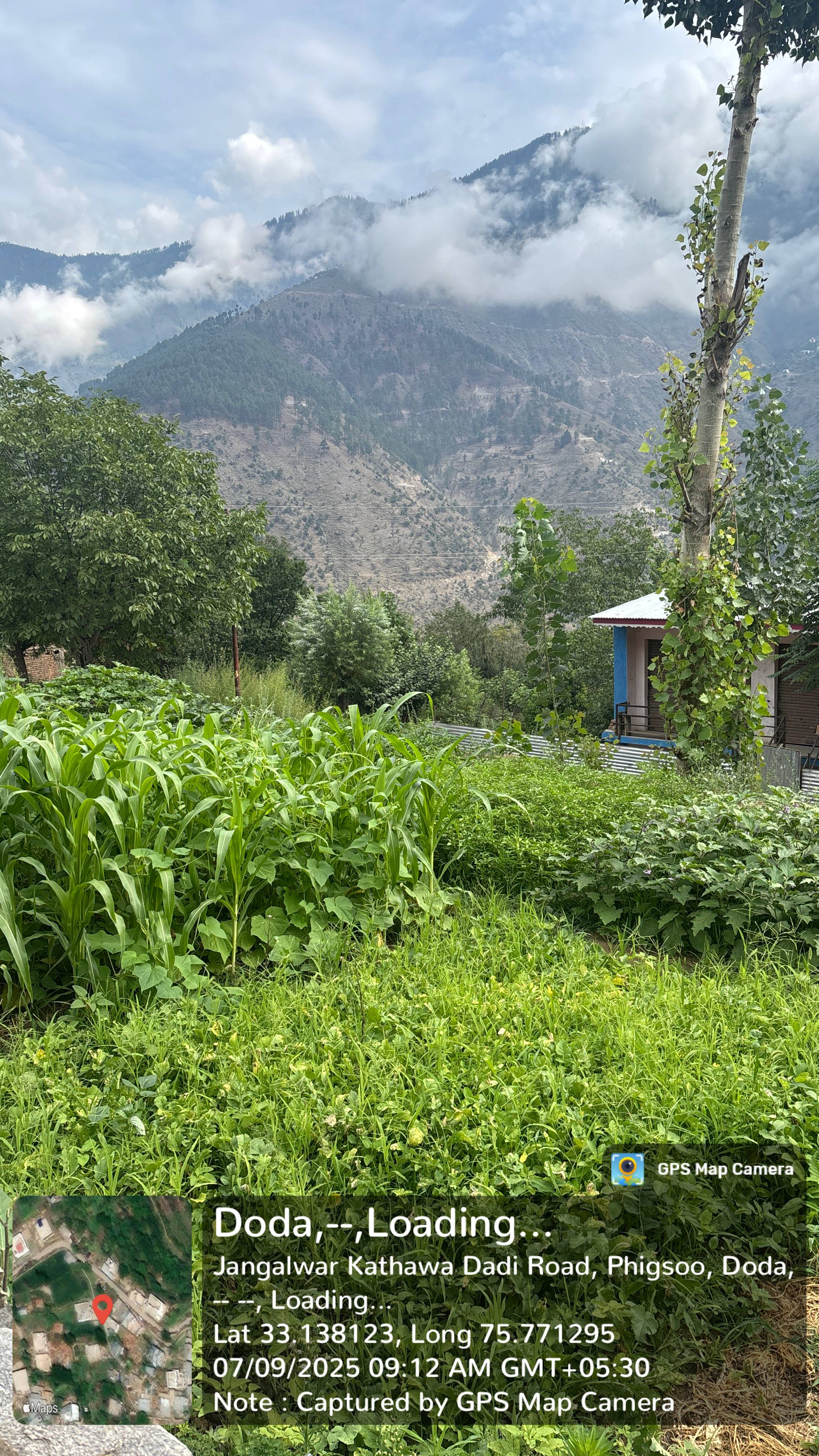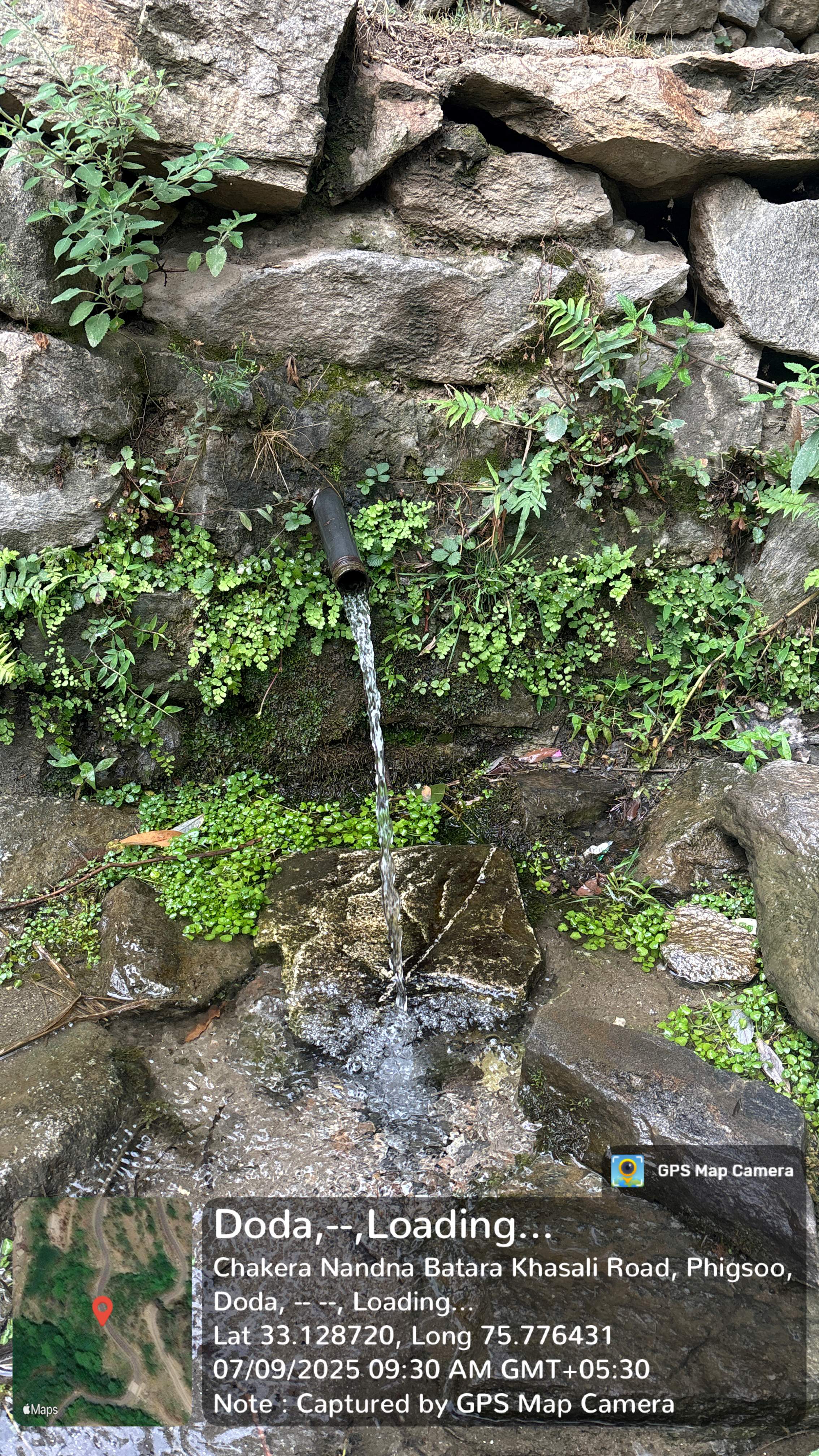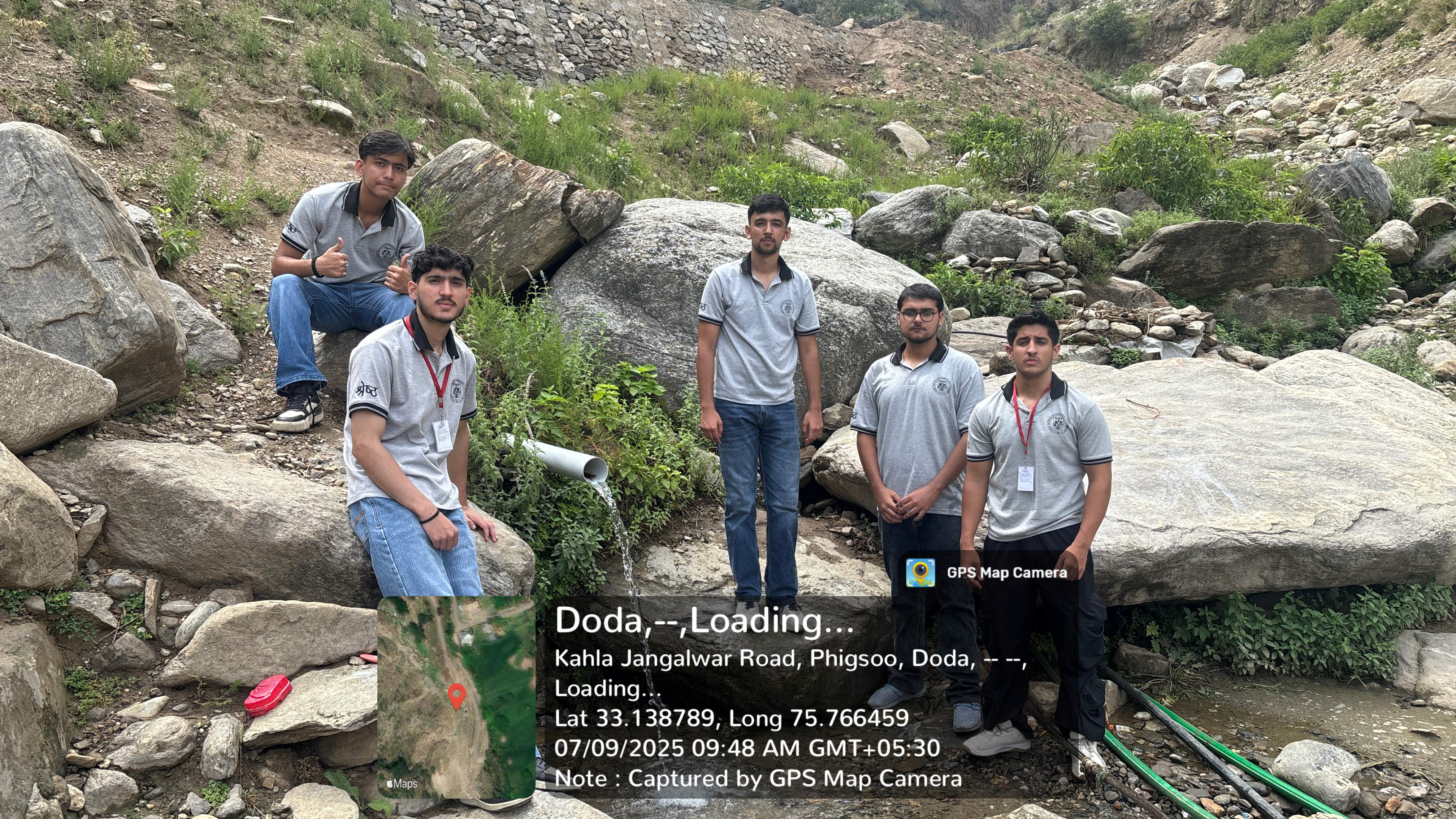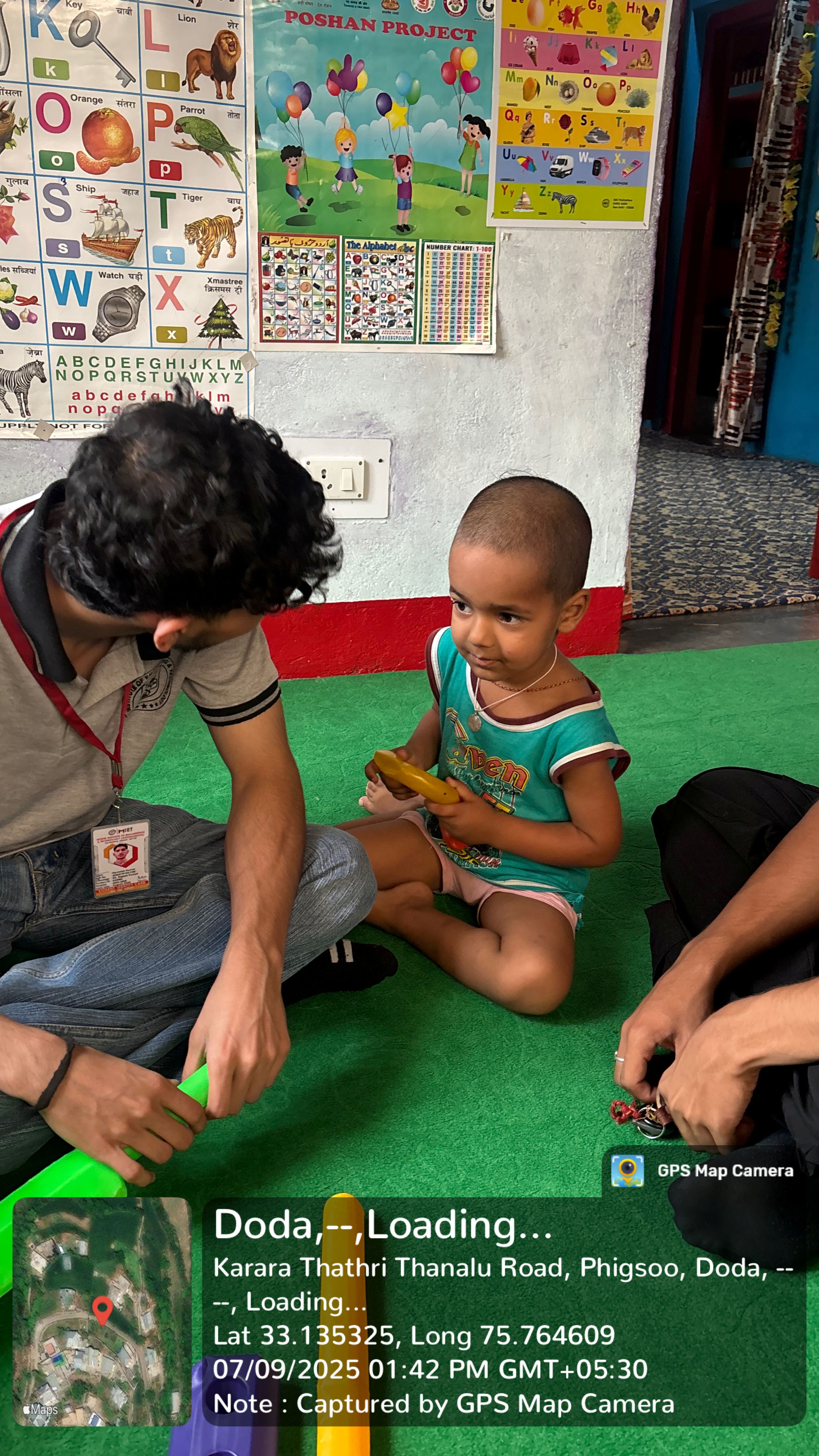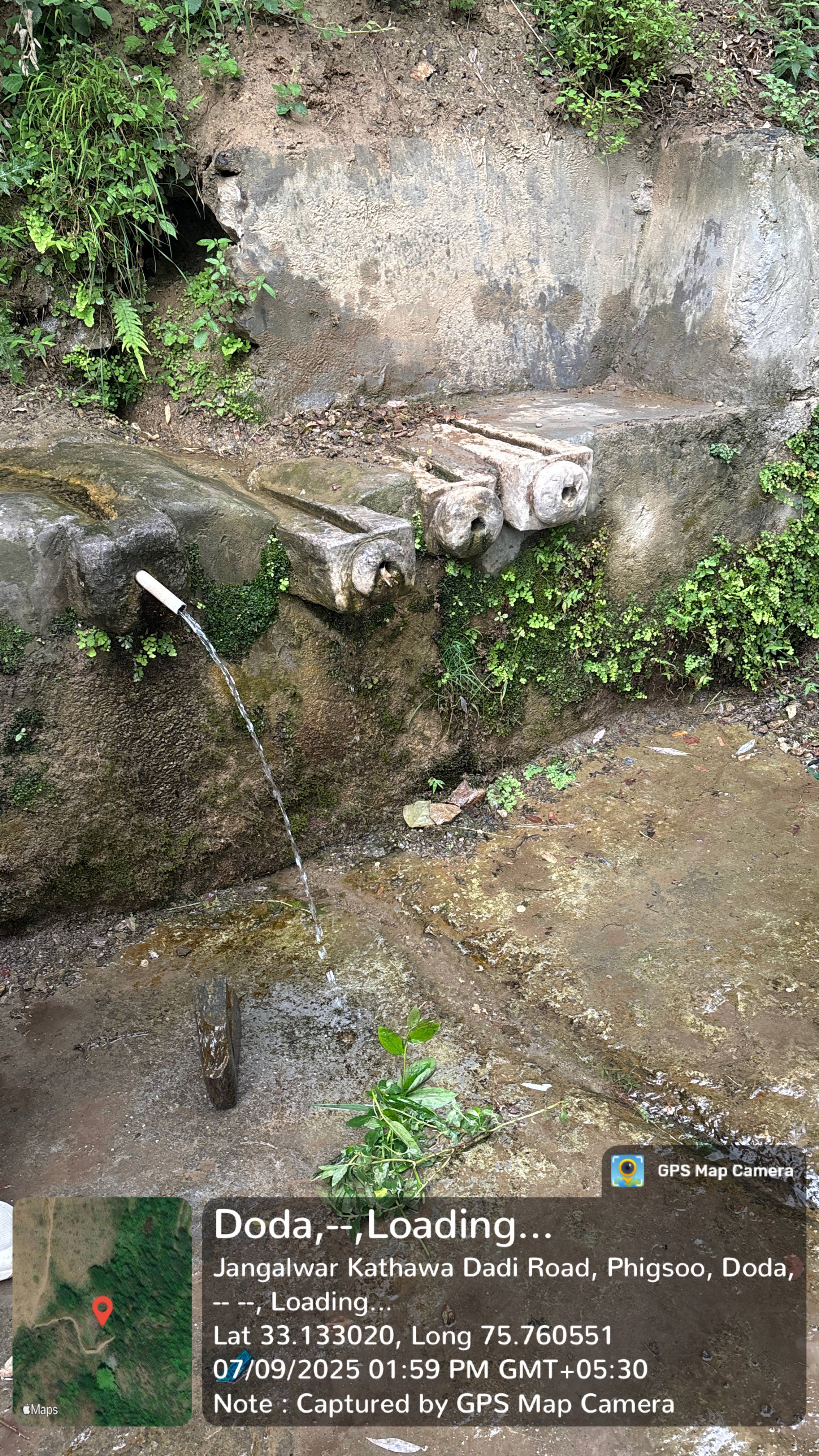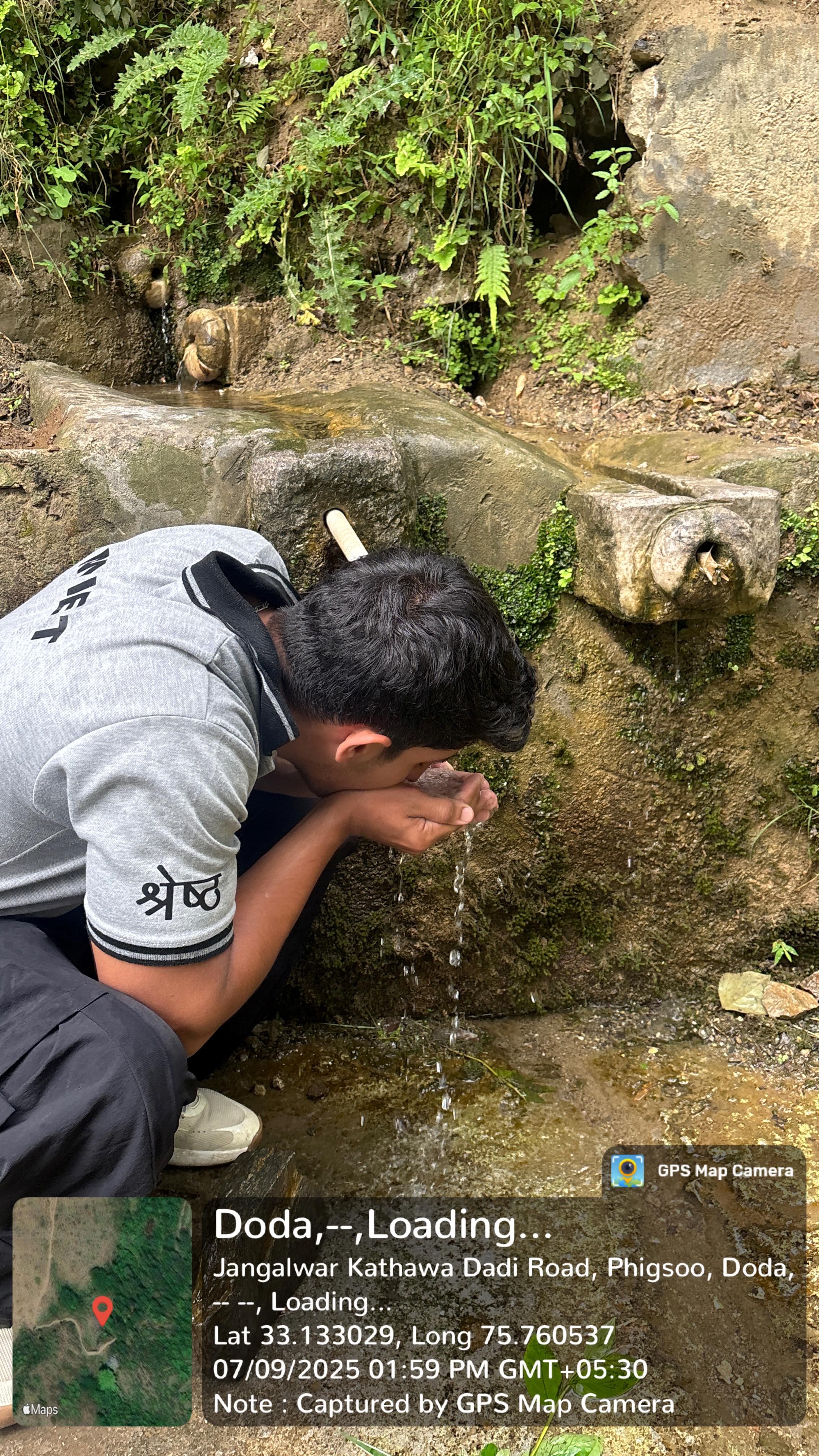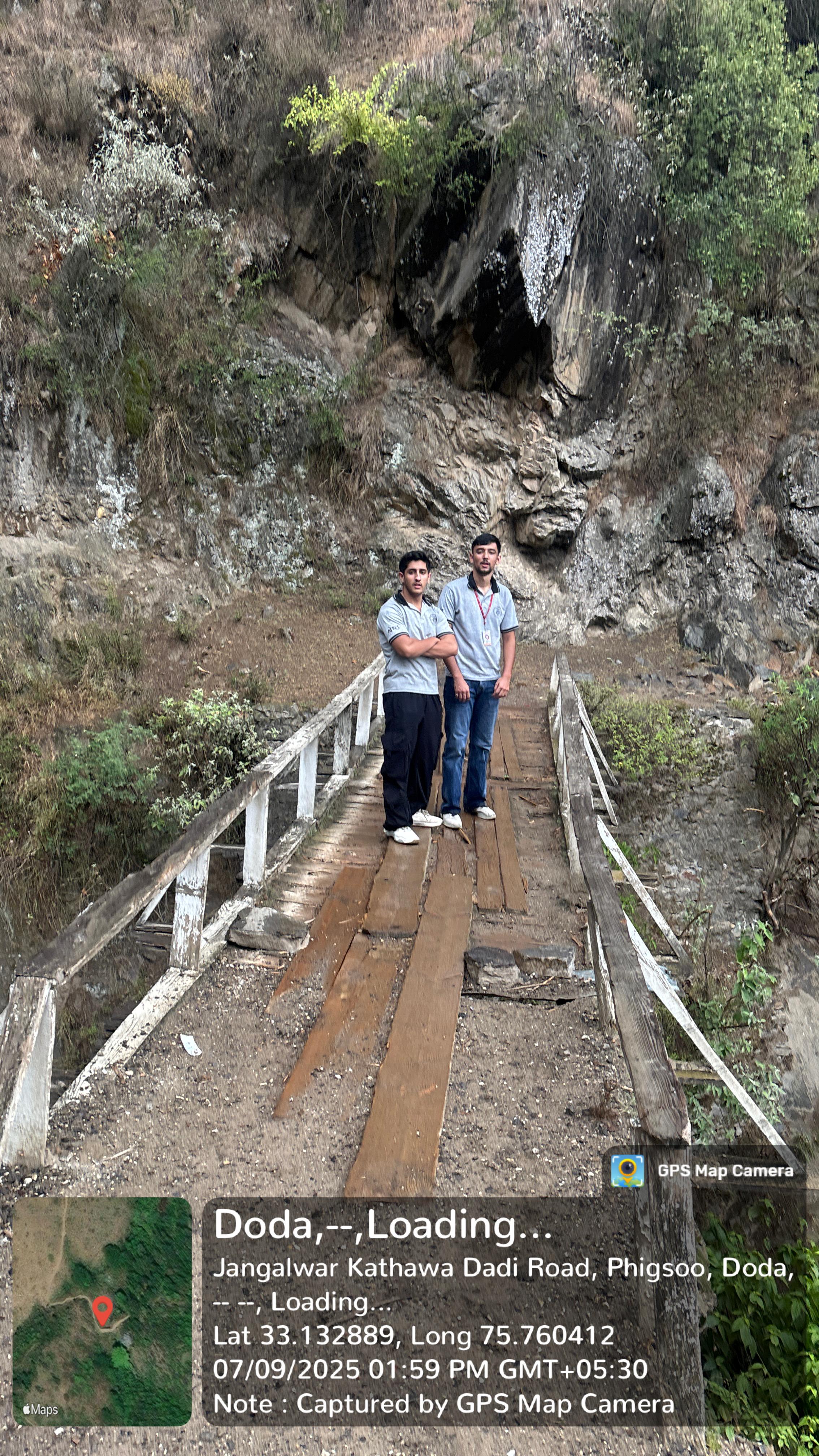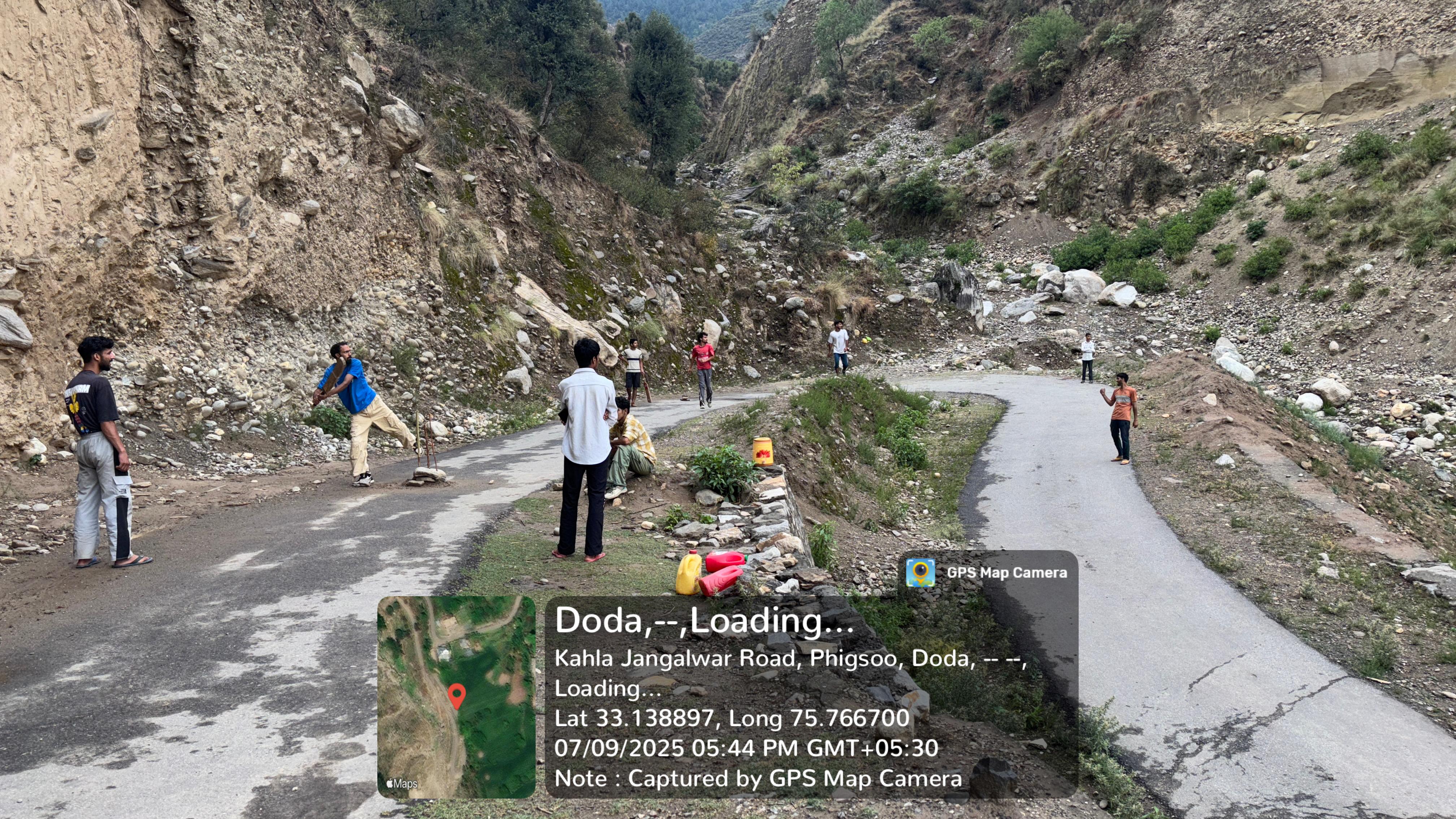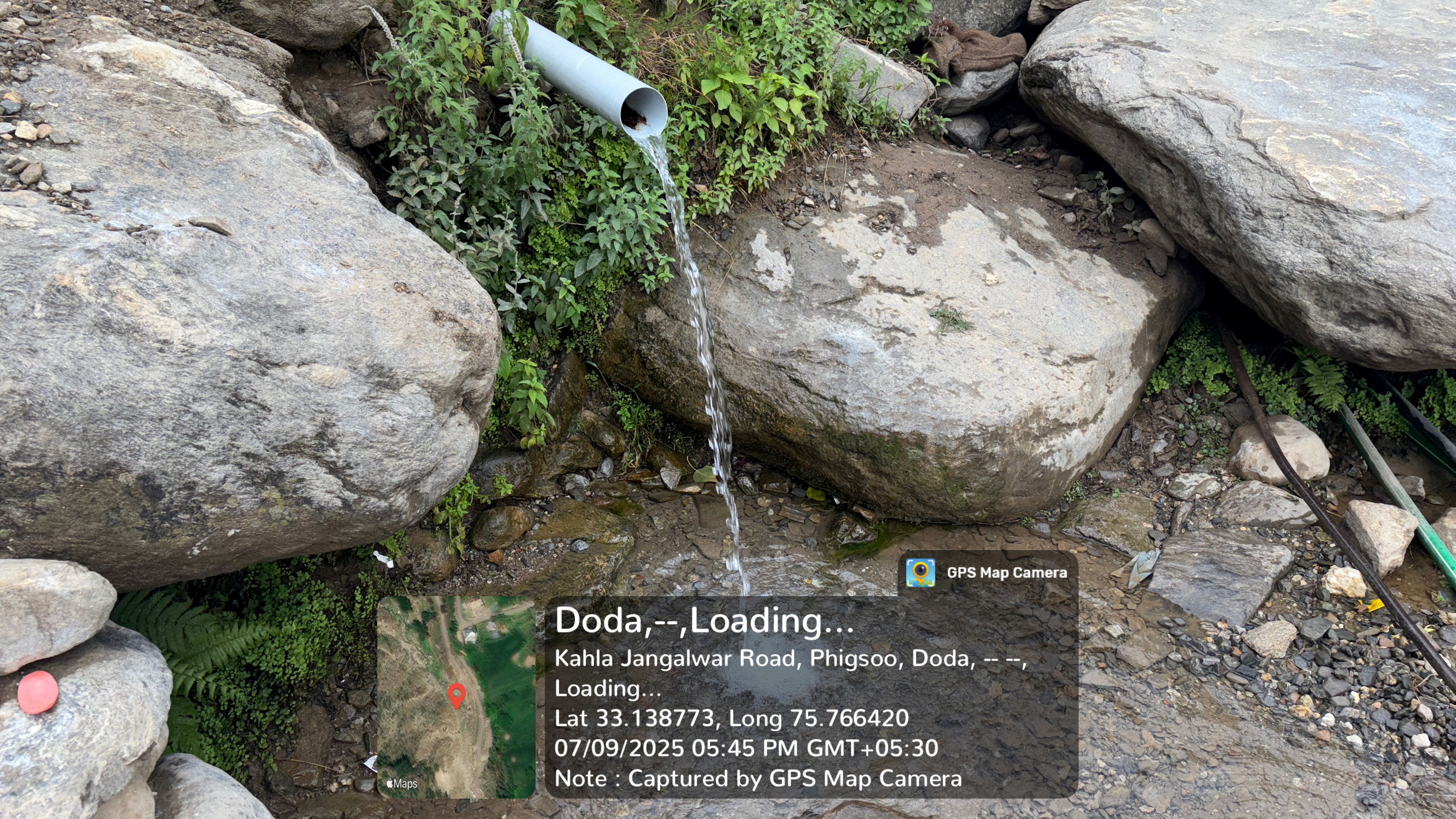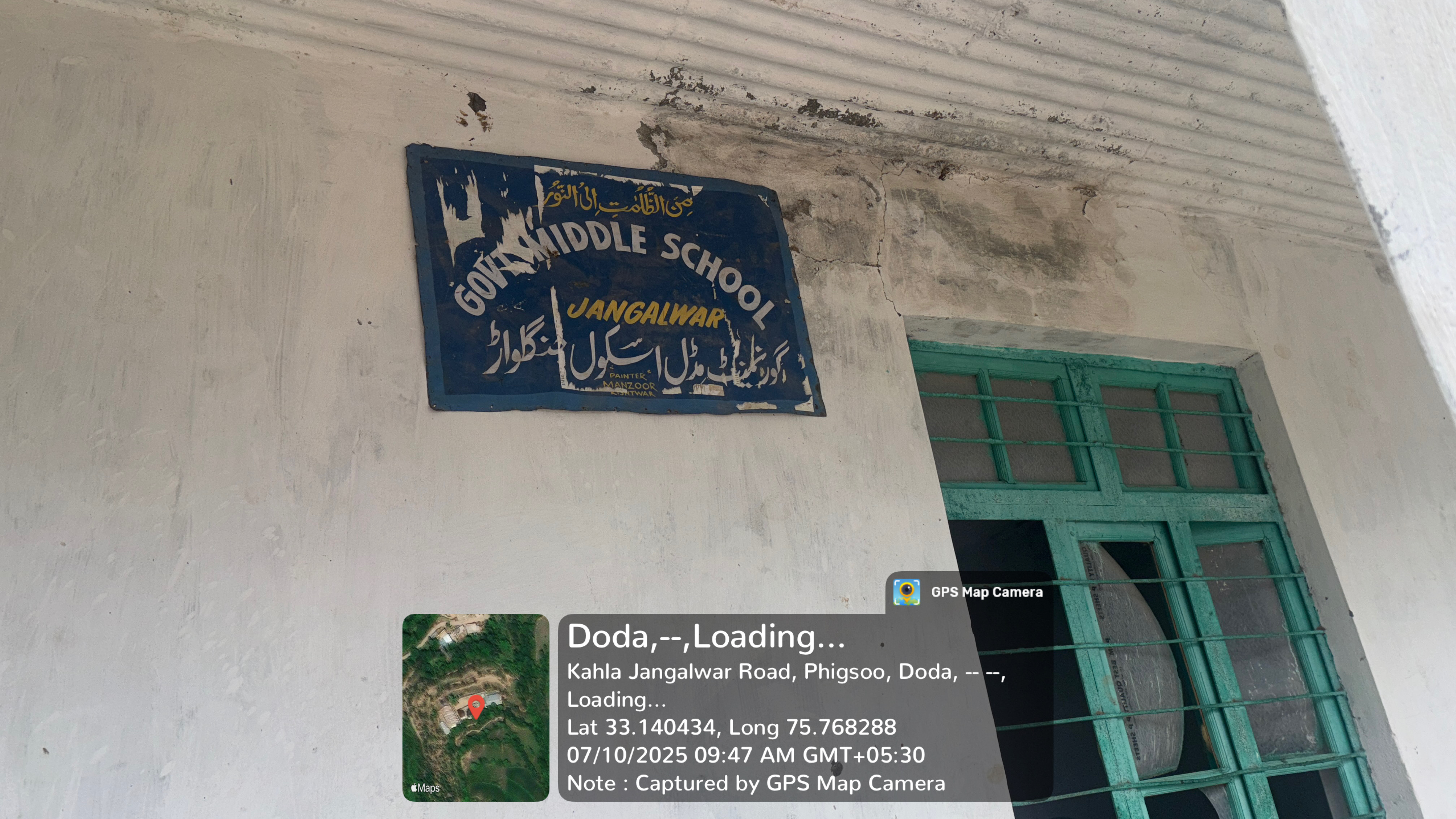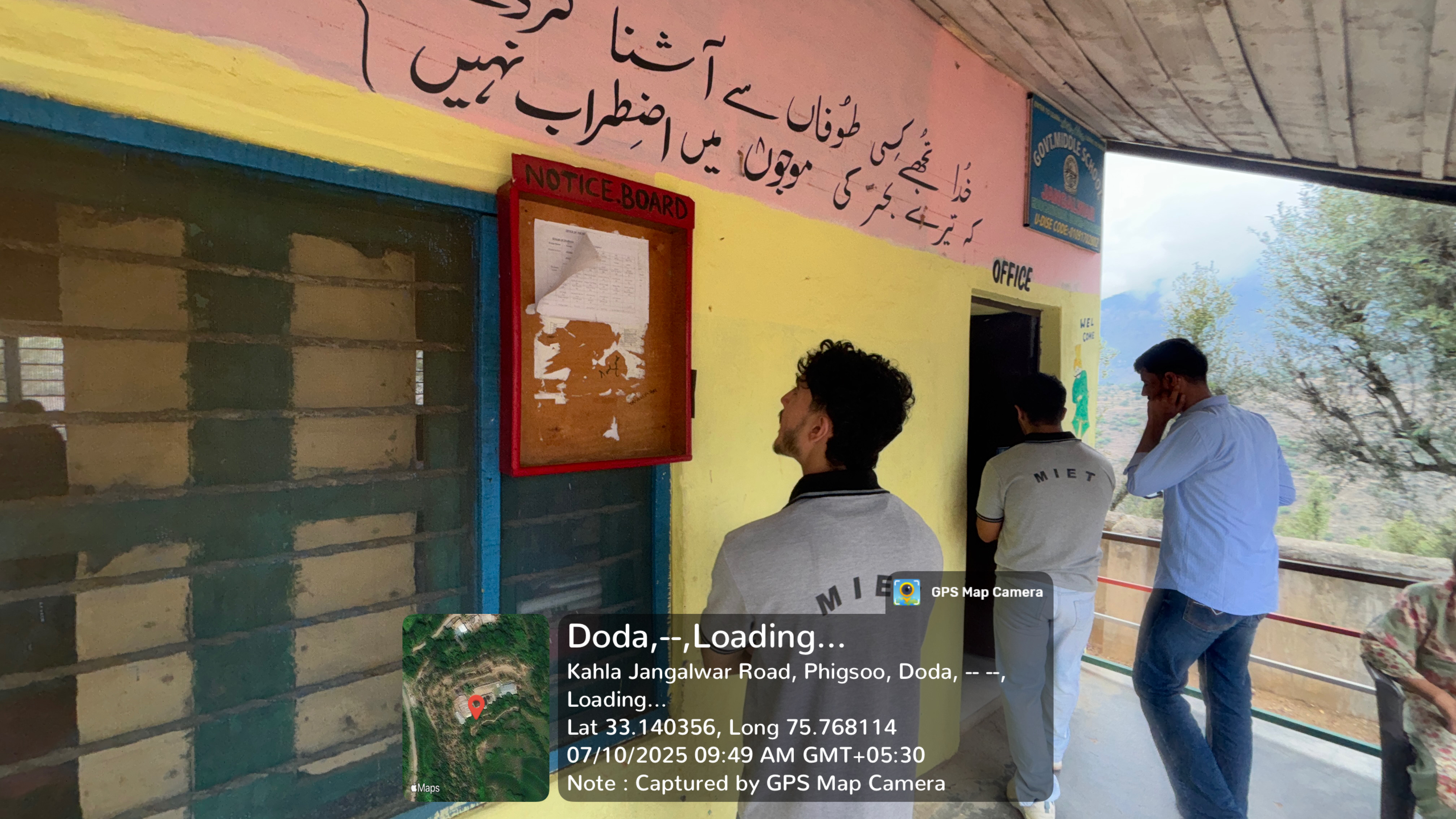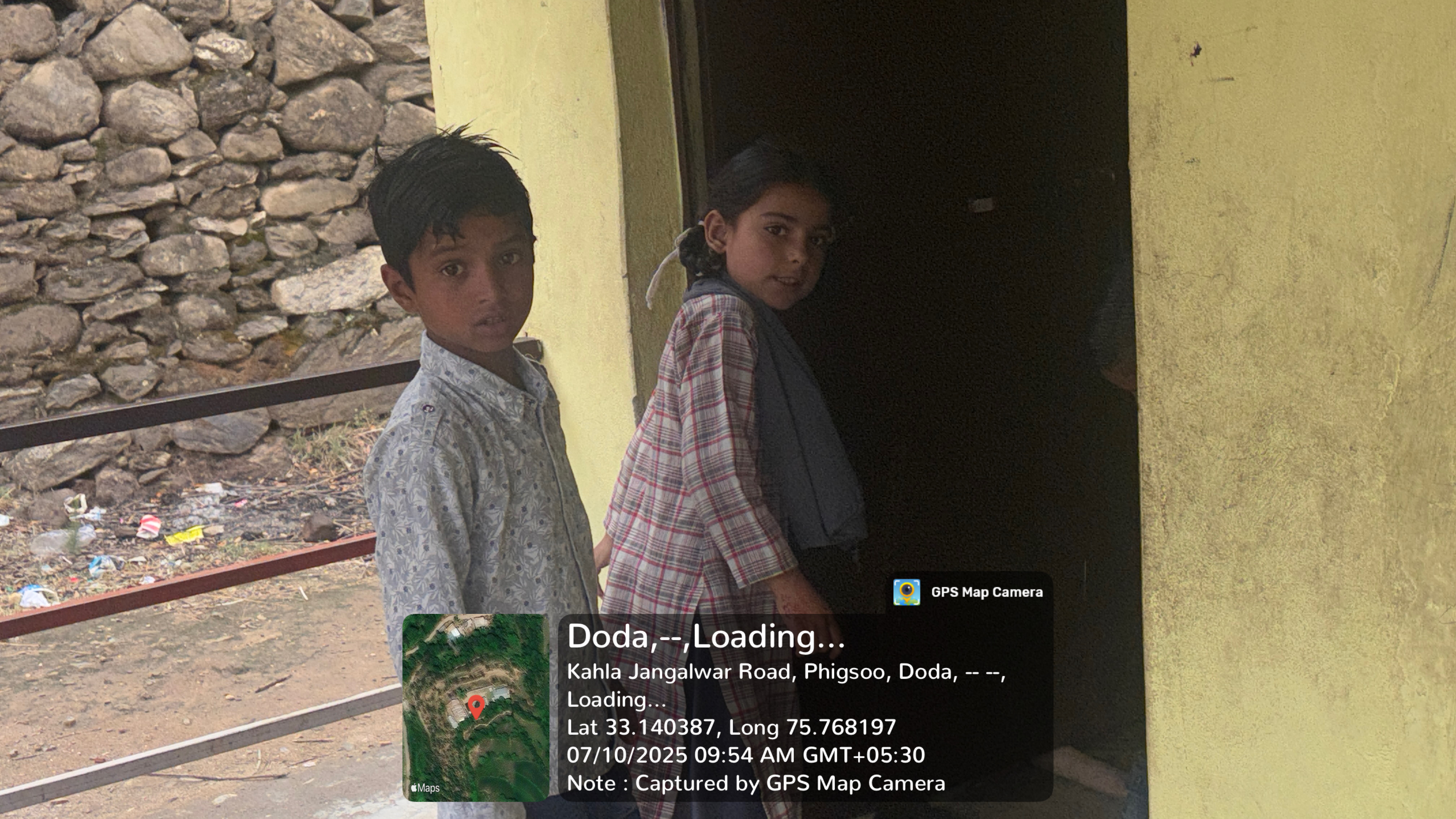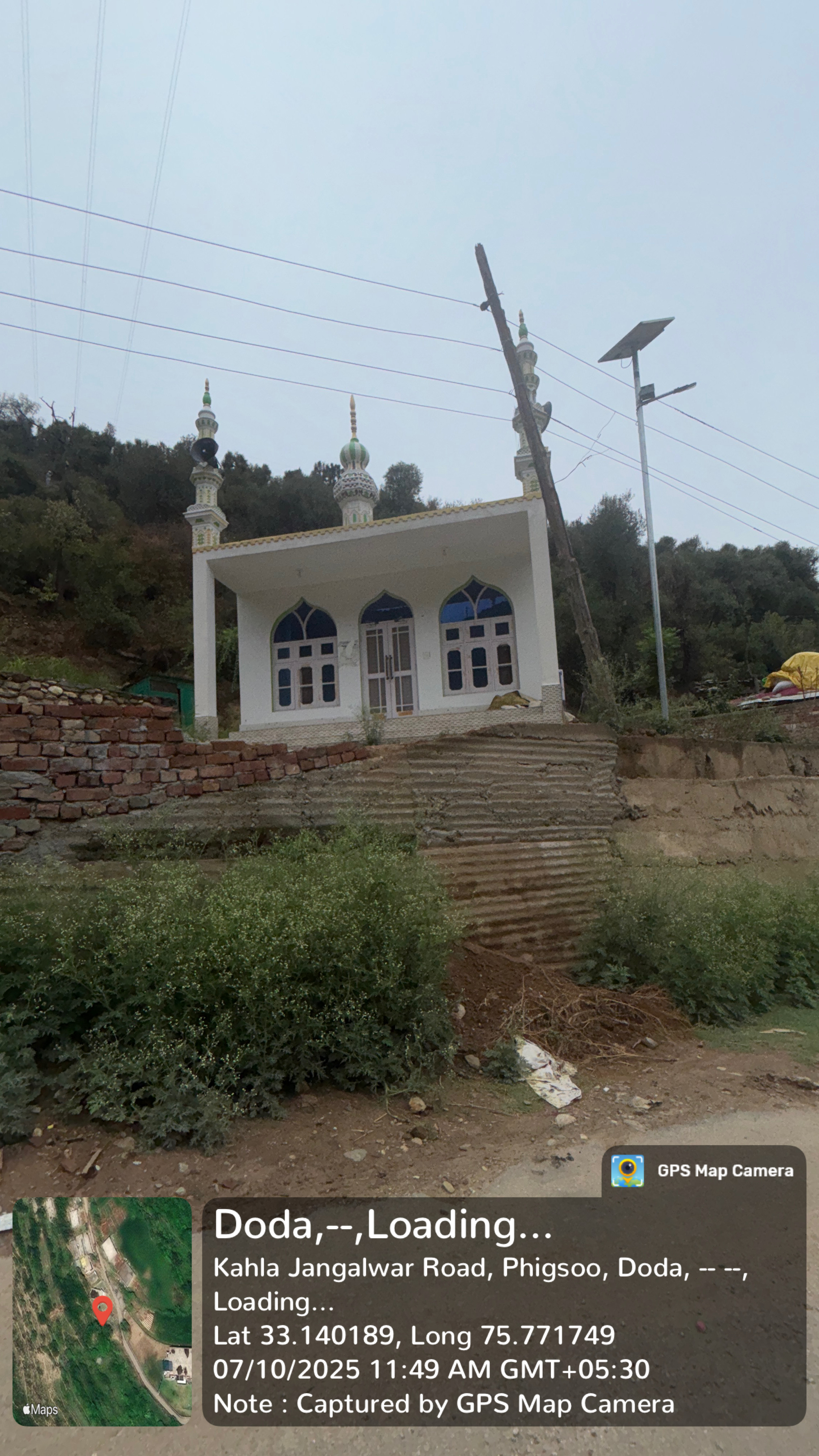Description
Introduction to the Village Jangalwar
Jangalwar is a rural settlement in Thathri Tehsil of Doda district, Jammu and Kashmir. Surrounded by hills and orchards, the village is known for its natural springs, farming traditions, and a strong sense of community. Despite its remote location, Jangalwar has preserved a balance of cultural heritage and modern education, making it a distinct part of the Chenab Valley.
History
Jangalwar is one of the older villages in the region, with its name marked on historical maps of Jammu and Kashmir. During the pre-independence era, it hosted the British-established Brithers Police Post, which had jurisdiction over surrounding areas. In the days before roads connected these hills, the village served as an important resting point for travelers heading toward Kishtwar or Bhalessa.
Population and Accessibility
The village is home to several hundred families, most of whom are engaged in agriculture and cattle rearing. A portion of the population also works in local trades or in government and private sector jobs in nearby towns. Jangalwar lies about 180–200 km from Jammu and is accessible by road via Thathri. Connectivity is improving, with paved village roads and mobile networks reaching most households.
Cultural Heritage
The Baba Budhi Dass Mandir, believed to be over 500 years old, is the spiritual landmark of Jangalwar. Every year, villagers organize a bhandara (community feast) at the temple, welcoming visitors from near and far. The “Kodh” festival, celebrated after Raksha Bandhan, features special dishes, folk dances like Dekkhu, and age-old rituals. The village also reflects communal harmony—Hindus and Muslims live together peacefully, respecting each other’s traditions.
Environment
Jangalwar is blessed with natural springs that provide cold water in summer and warm water in winter, forming both a lifeline and a cultural symbol. The village landscape is dotted with maize fields, fruit orchards, and forested slopes. Wildlife such as foxes, wild birds, and the occasional cheetah appear in the surrounding hills. Soil erosion is a concern, and the forest department has taken steps to curb illegal tree cutting and protect biodiversity.
Lifestyle
Life in Jangalwar is simple and cooperative. Families support one another during farming, construction, weddings, and festivals. Women often gather at the springs for social interaction, while children play cricket in the village lanes. Respect for elders and intergenerational ties play a strong role in decision-making, usually discussed at the Panchayat Ghar.
Food and Attractions
The village is known for its NoolKol Pickle (Kadam Anchar) and seasonal dishes prepared during yatras and jatlas, including Sitloiyan and traditional non-vegetarian meals.
Key attractions include:
-
Baba Budhi Dass Mandir – A centuries-old temple and pilgrimage site.
-
Thermal Natural Springs – Known for their unique seasonal properties.
-
Galli Viewpoint – Offers panoramic views of the village and surrounding hamlets.
Education
Jangalwar has Anganwadis, a government middle school, a government higher secondary school, and a private high school. The higher secondary school is equipped with a smart classroom and ICT facilities. Most children study within the village, with literacy rates steadily rising and exam results showing strong performance.
Healthcare
The village lacks a dedicated health center, but chemist shops provide basic medicines. For major health issues, residents travel to nearby towns. Government health camps are occasionally organized in schools, offering vaccinations and check-ups. Many households still rely on traditional remedies and the natural benefits of farm-based diets and active lifestyles.
Governance and Schemes
Jangalwar is managed by a Panchayat, where Gram Sabha meetings are held regularly. National schemes such as PM Awaas Yojana, Ayushman Bharat, Swachh Bharat, Jal Jeevan Mission, Skill India, Beti Bachao Beti Padhao, MGNREGA, and PM Kisan Samman Nidhi are active here. Housing support under PMAY-G has benefited most families, though rising construction costs and paperwork delays remain challenges.
Economy
Around 80% of households depend on farming, orchards, and cattle rearing. Poultry farming and beekeeping have emerged in recent years. The remaining families are engaged in small shops, sand transport from the Chenab, and trades such as carpentry and skilled labor. Many also work in government or private jobs outside the village. Jangalwar’s economy is largely self-sufficient, with practices like bartering, reuse, and seed-saving maintaining sustainability.
Sports and Entertainment
Cricket is the most popular sport, played on village grounds and streets. Local tournaments often attract crowds, turning matches into community gatherings. Folk songs, dances, and rituals performed during festivals form the main sources of entertainment.
Community Initiatives
The village does not have formal clubs, but collective spirit runs strong. Residents maintain religious sites, clean natural springs, and help each other during farming and construction. Annual traditions like the Baba Budhi Dass Mandir bhandara unite the community and preserve oral history.
Developments
-
Roads & Transport: Village roads are paved and in use, though still developing.
-
Digital Access: UPI, Jan Dhan accounts, and e-health services are in use.
-
Innovation Need: A solar or manual pump at the natural spring could reduce the time spent fetching water.
Services
-
Panchayat Ghar: Local governance and Gram Sabha meetings.
-
Anganwadis: Early childhood care and education.
-
Shops: Local grocery and ration depots.
-
Education & ICT Labs: Digital classroom at Government Higher Secondary School.
Photos
Videos
Location Map
Contact Information
| Address |
Jangalwar, Thathri Tehsil, Doda District, Jammu and Kashmir, India – PIN 182203 |
| Phone Number |
N/A |
| Email Address |
N/A |
| Website | N/A |

